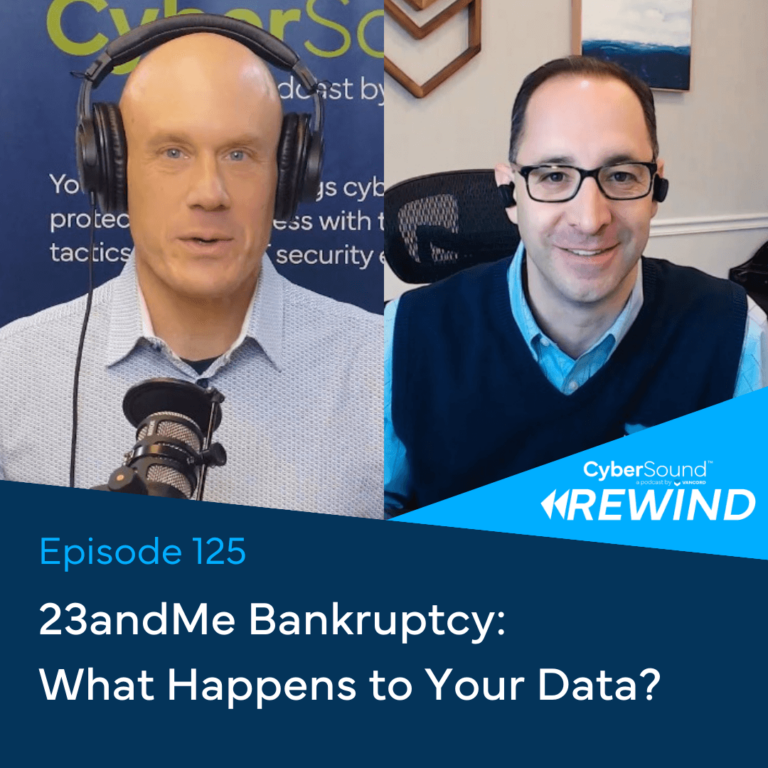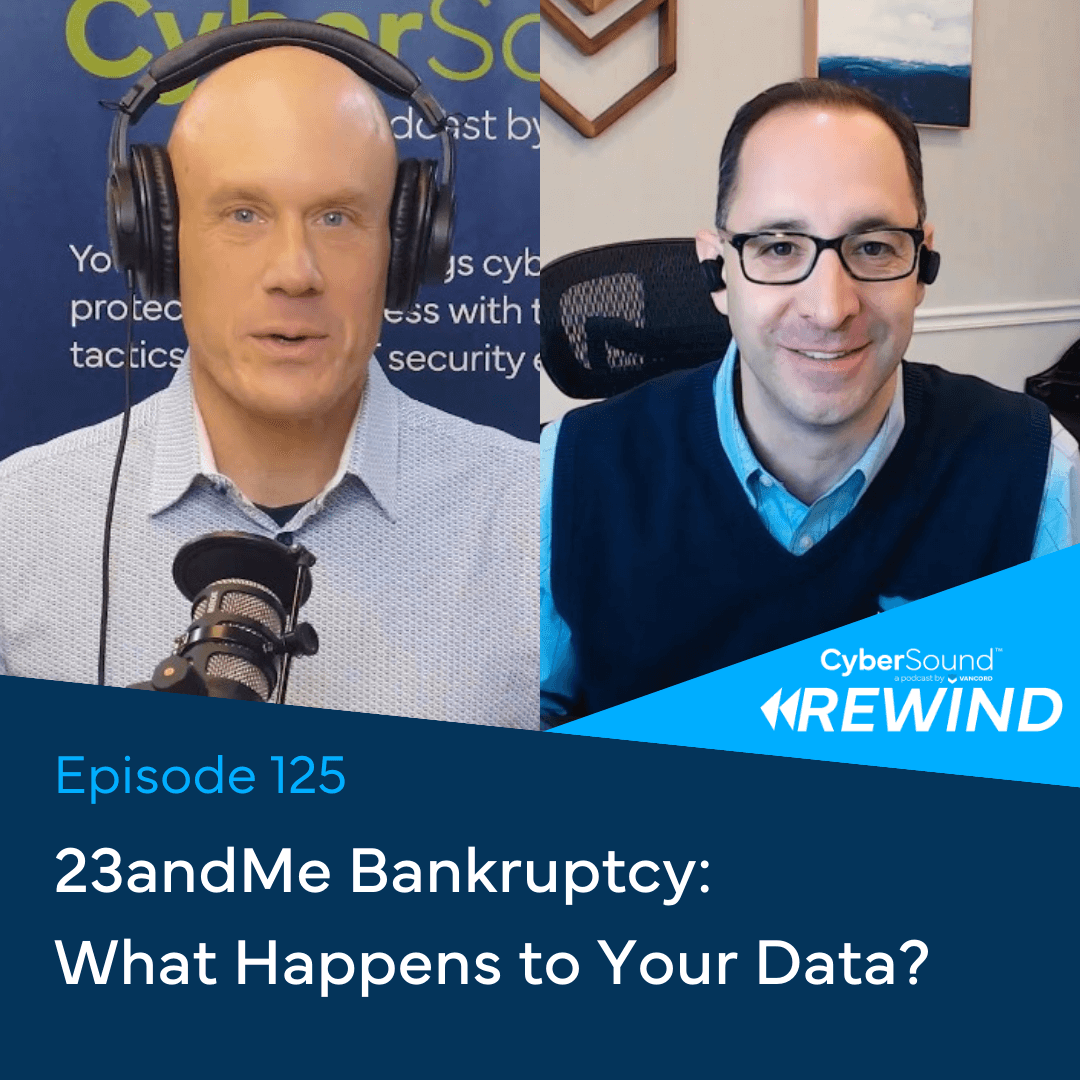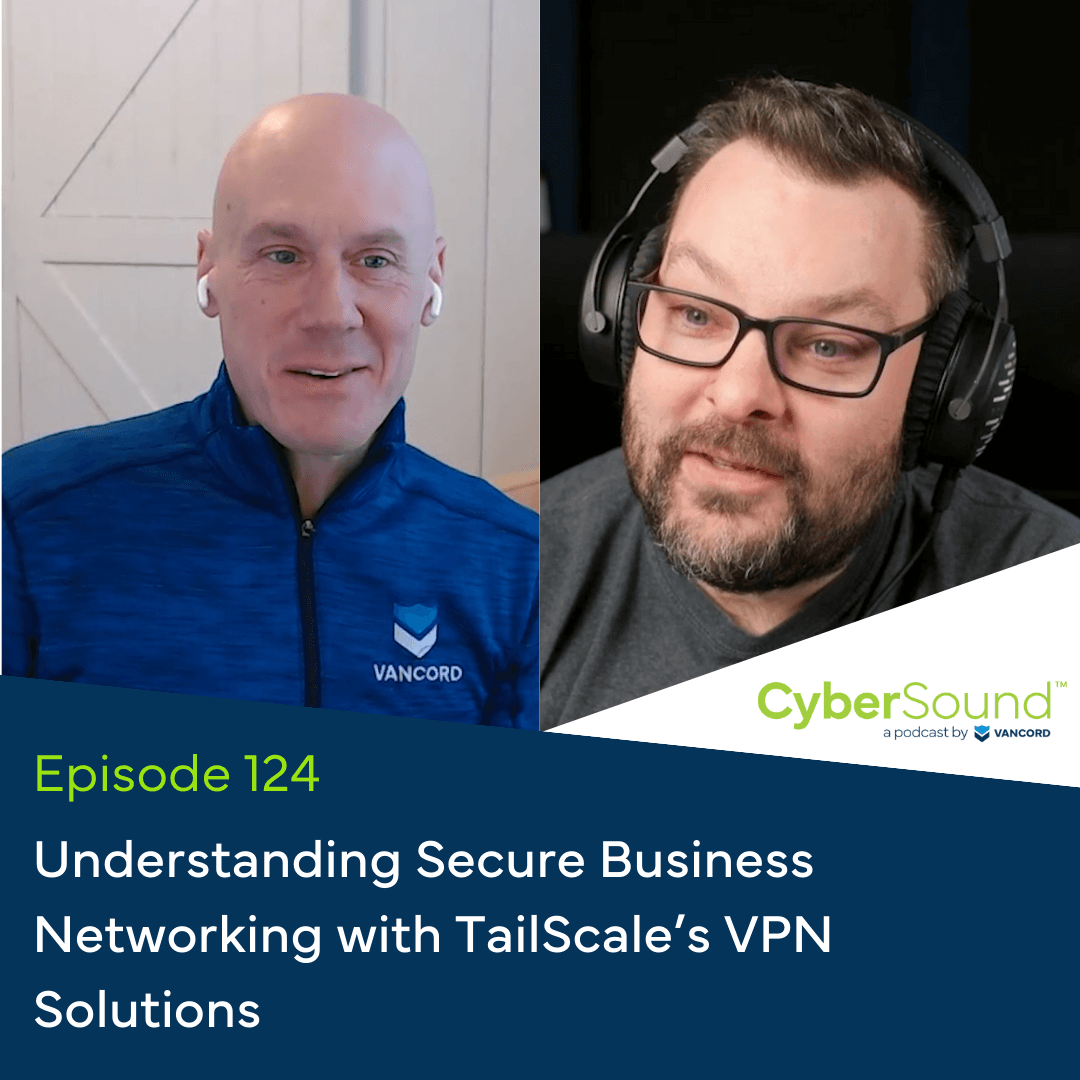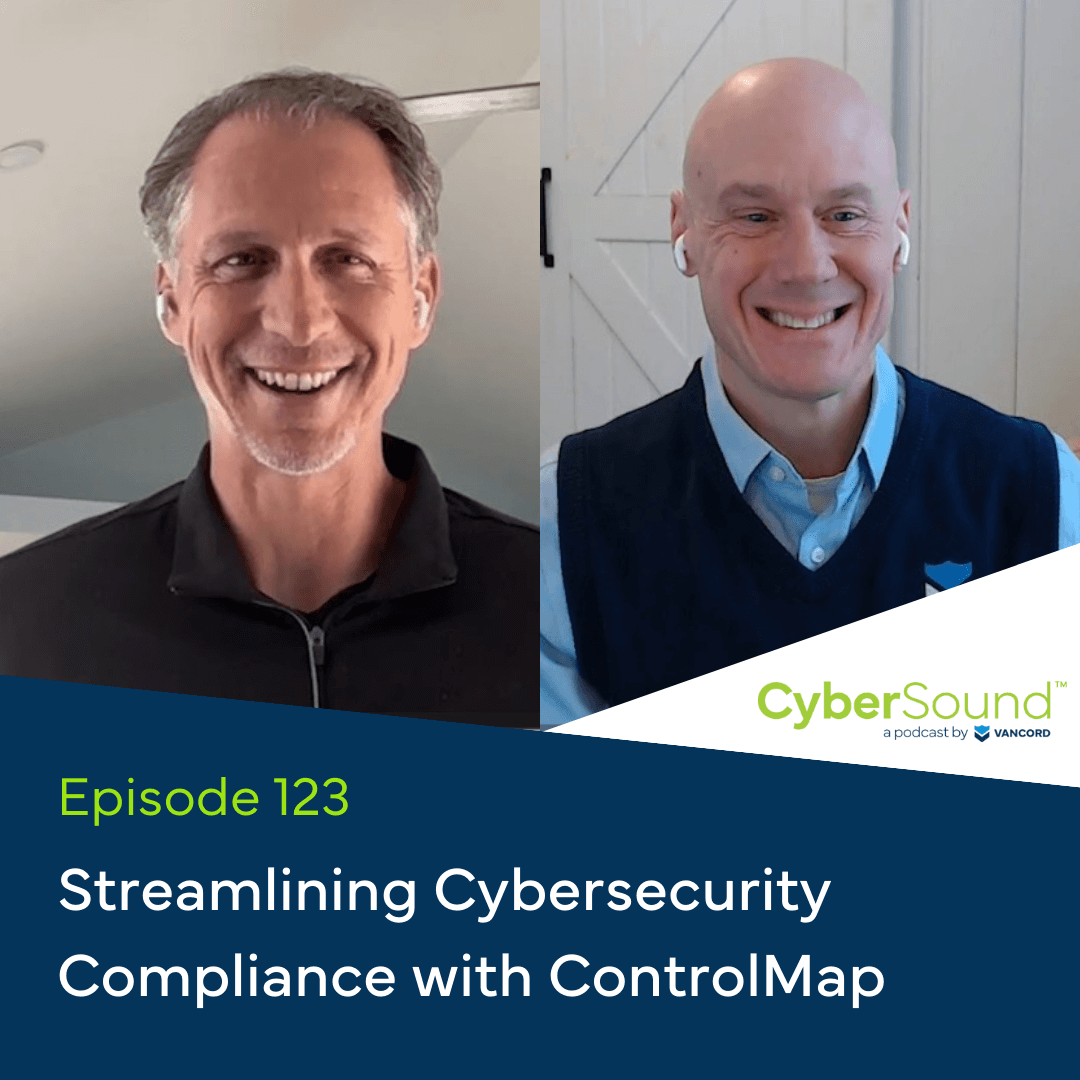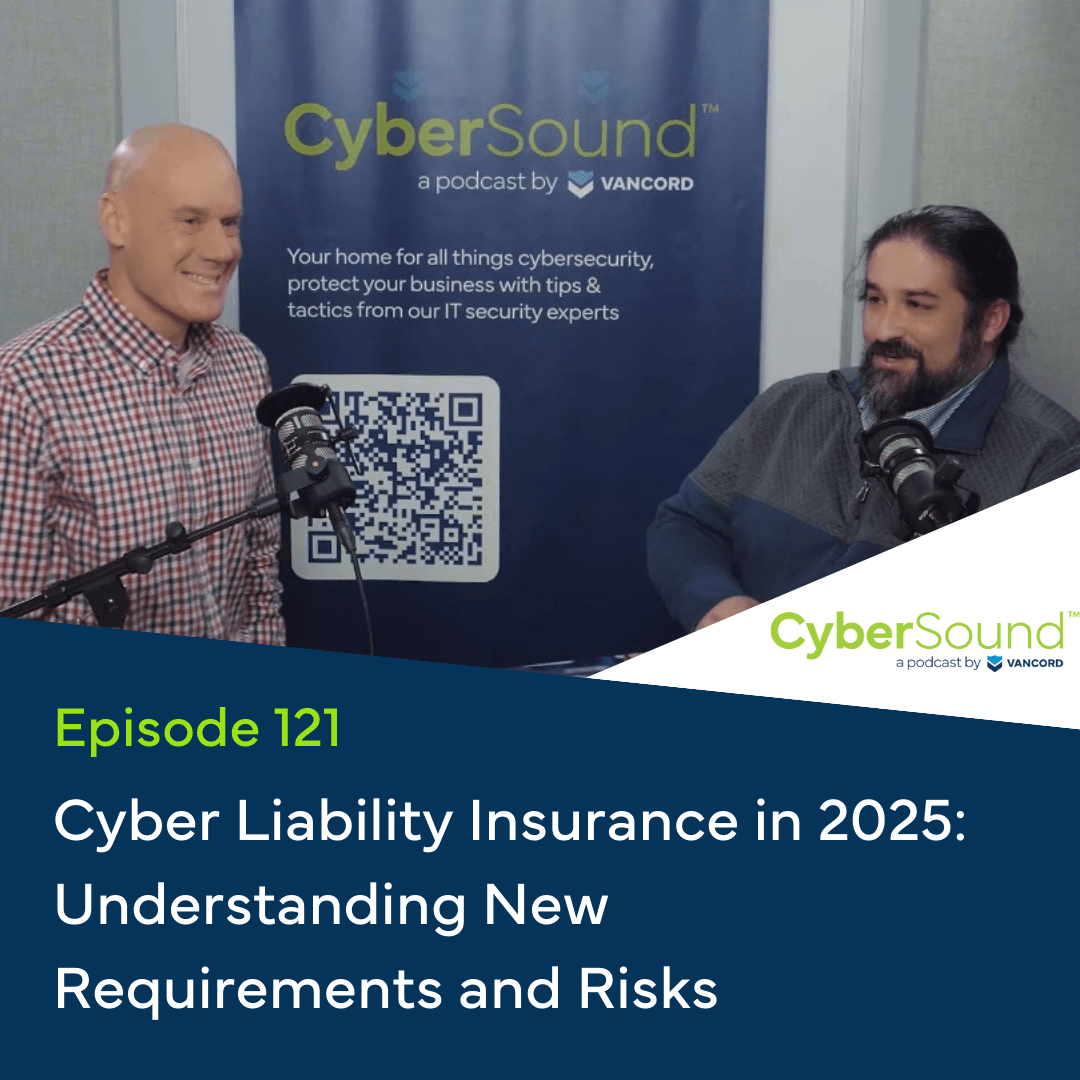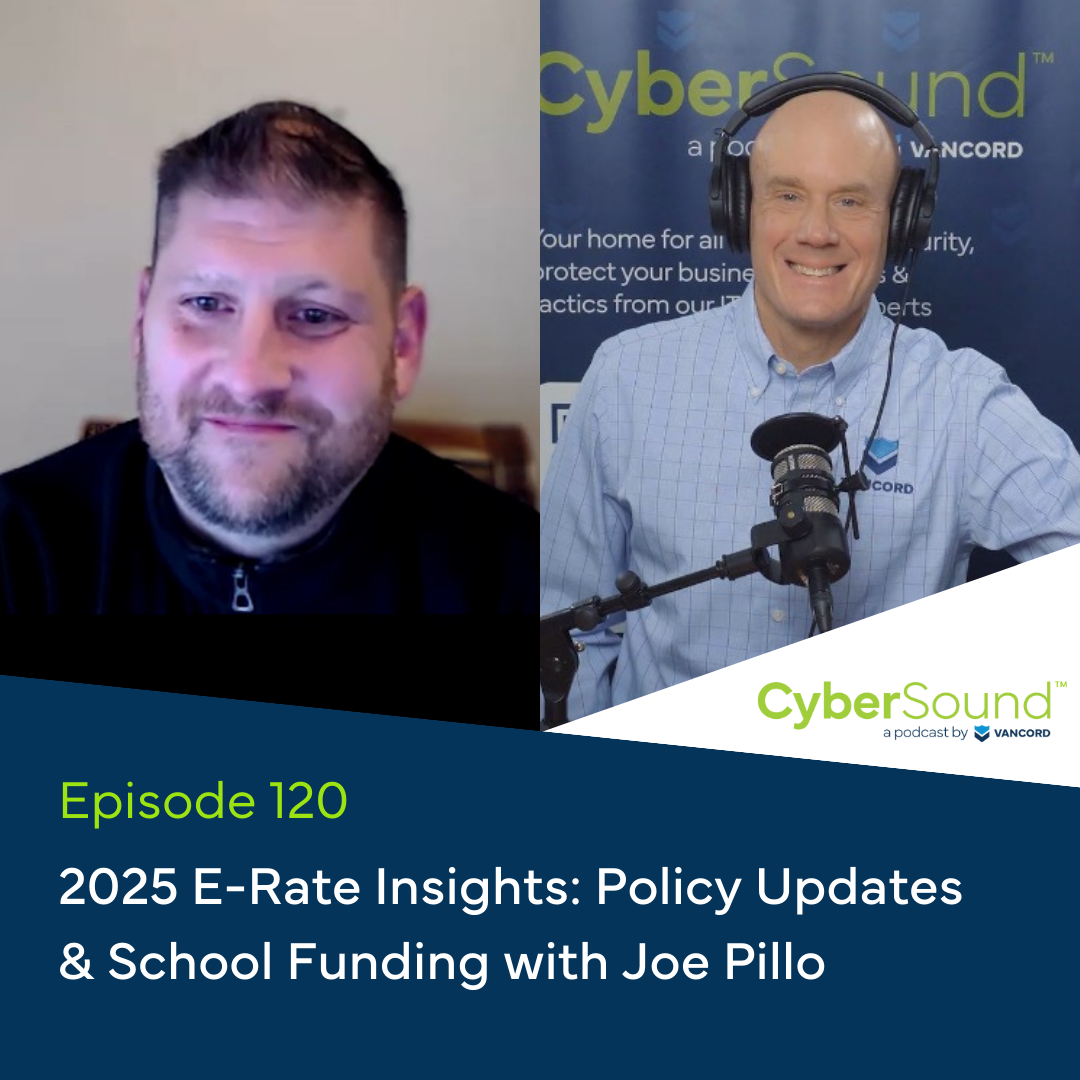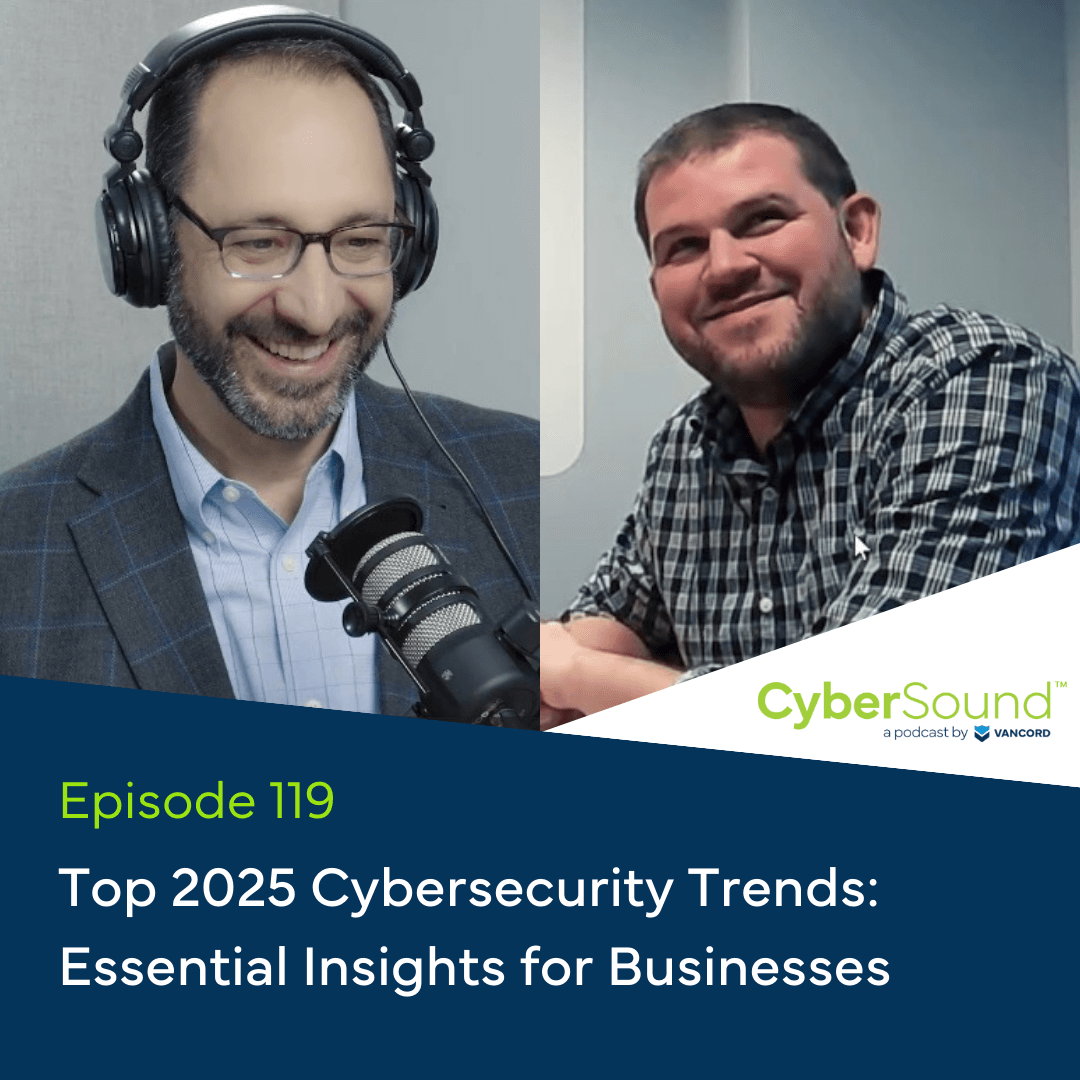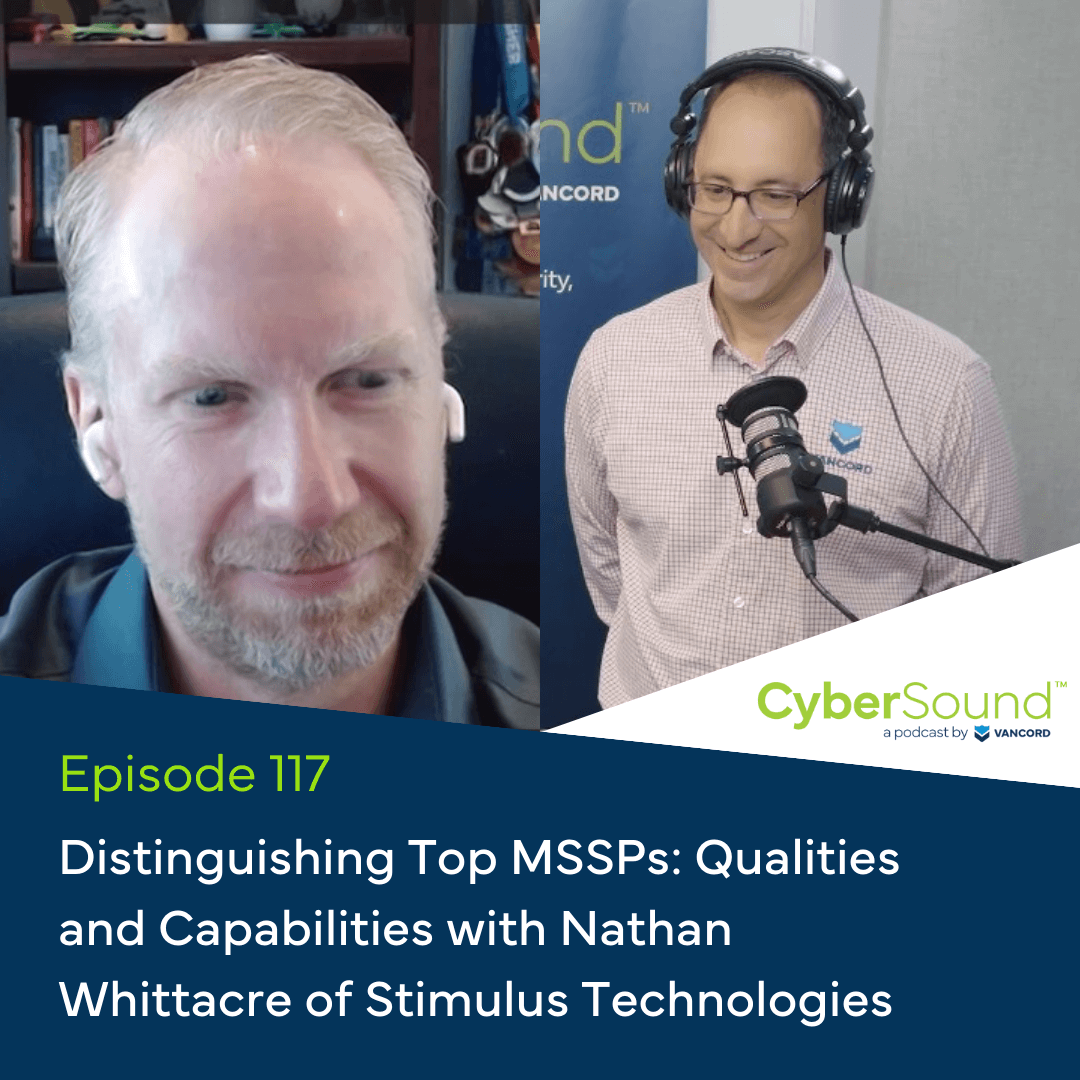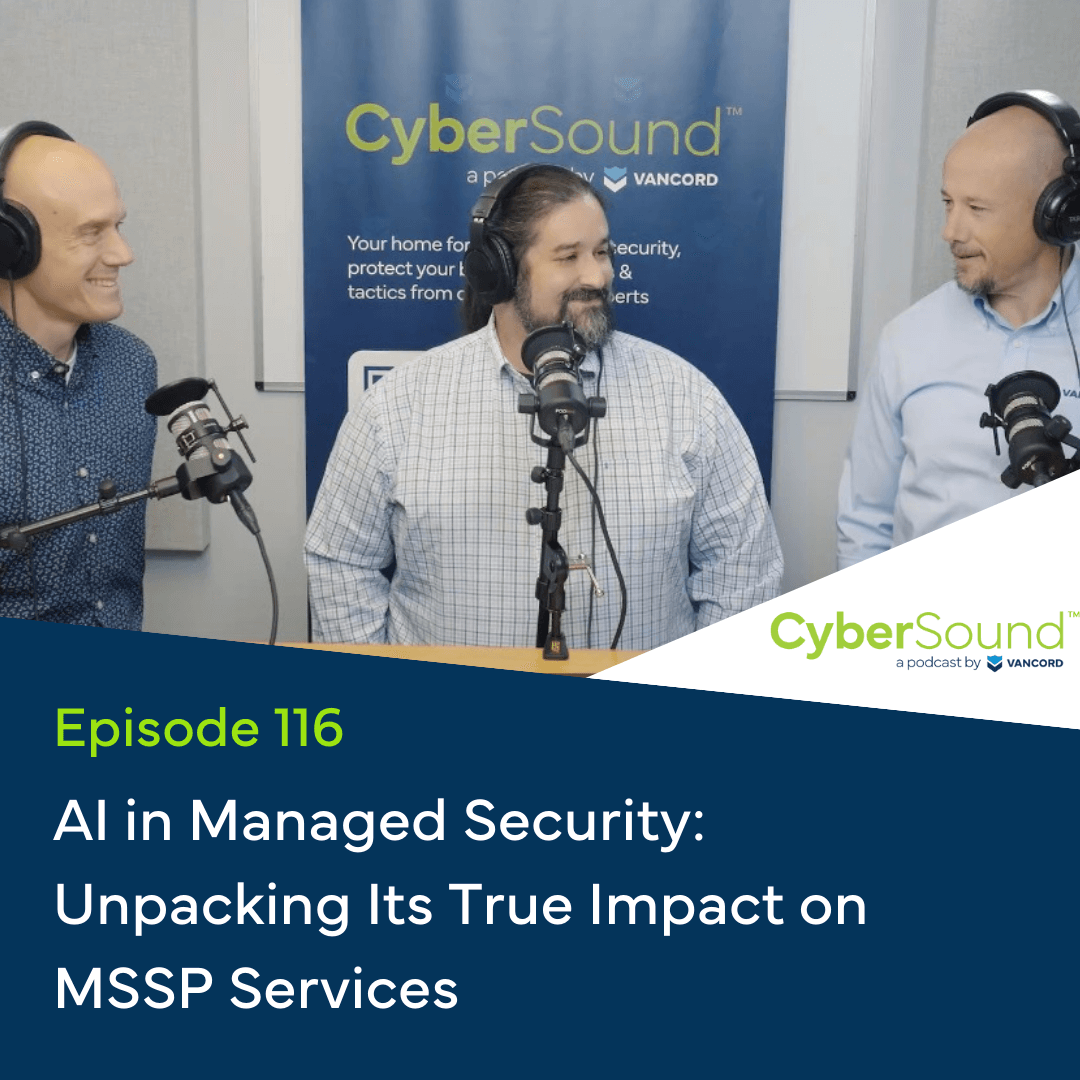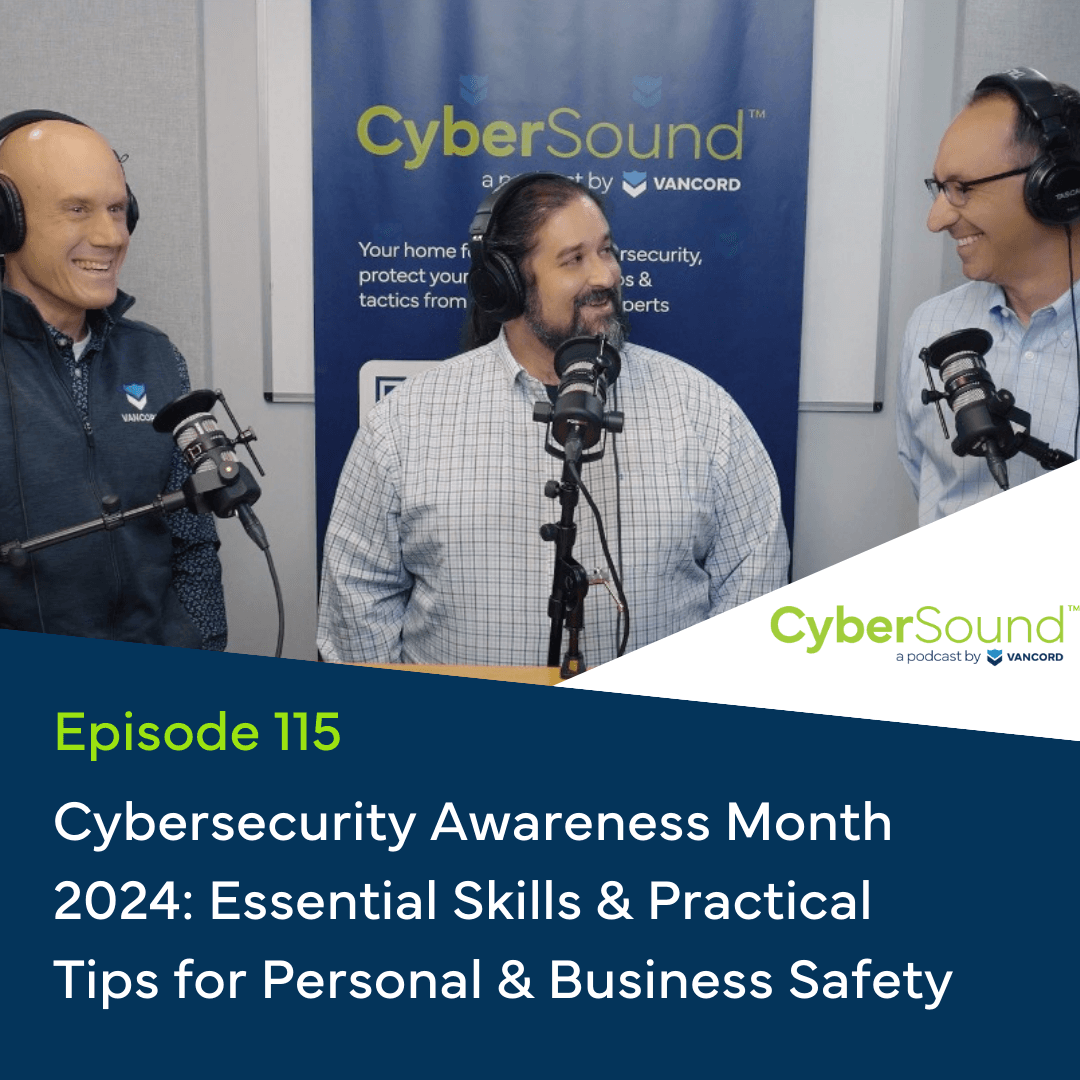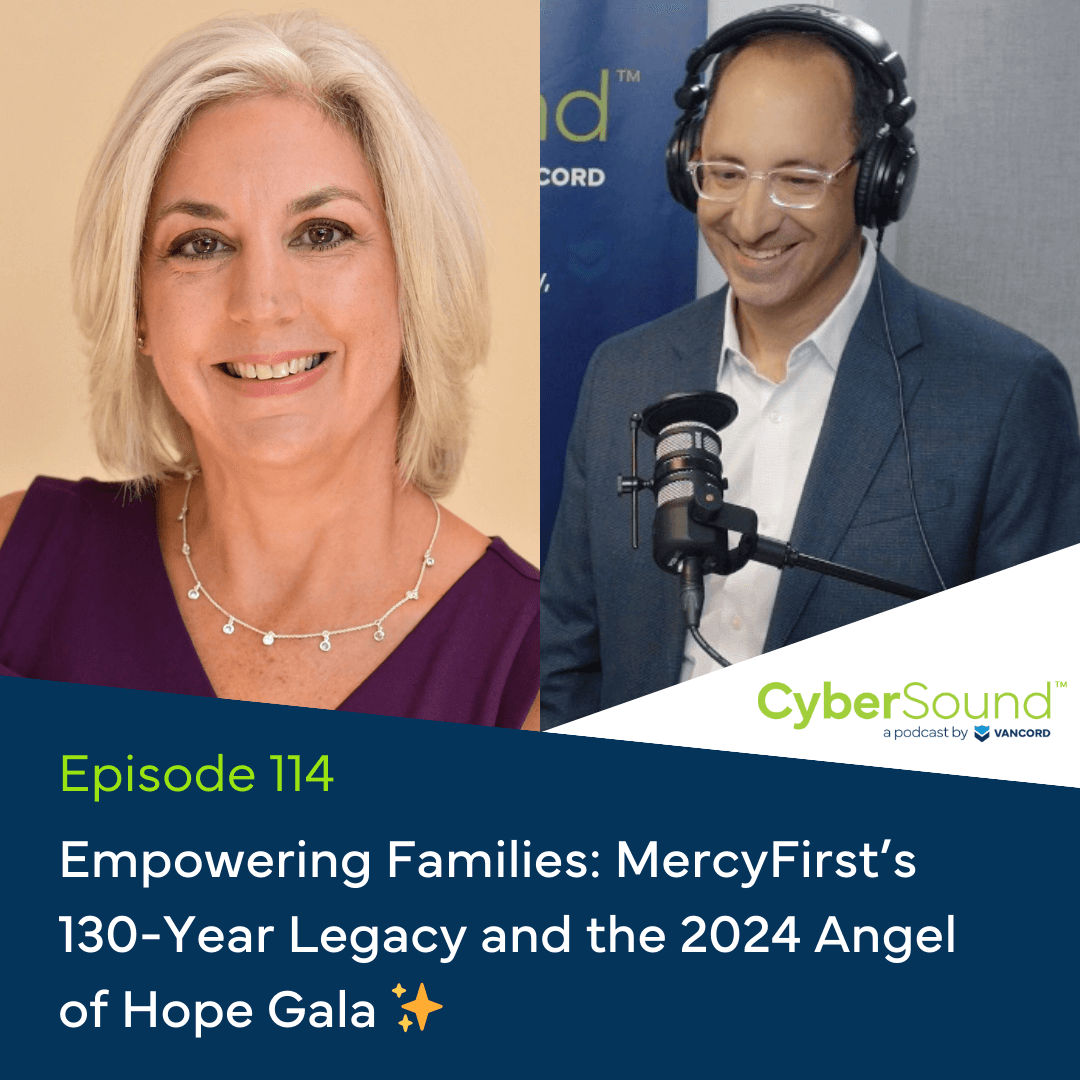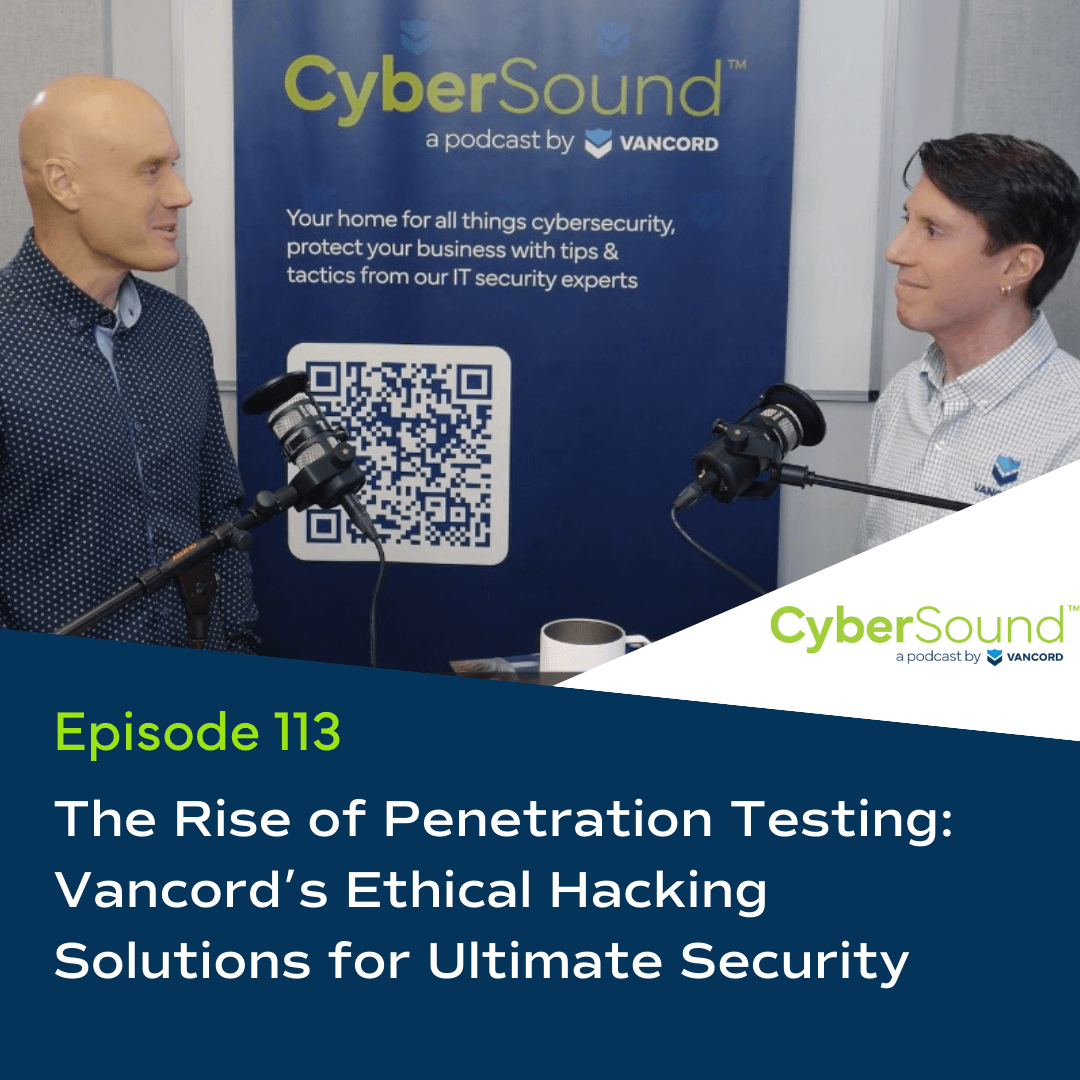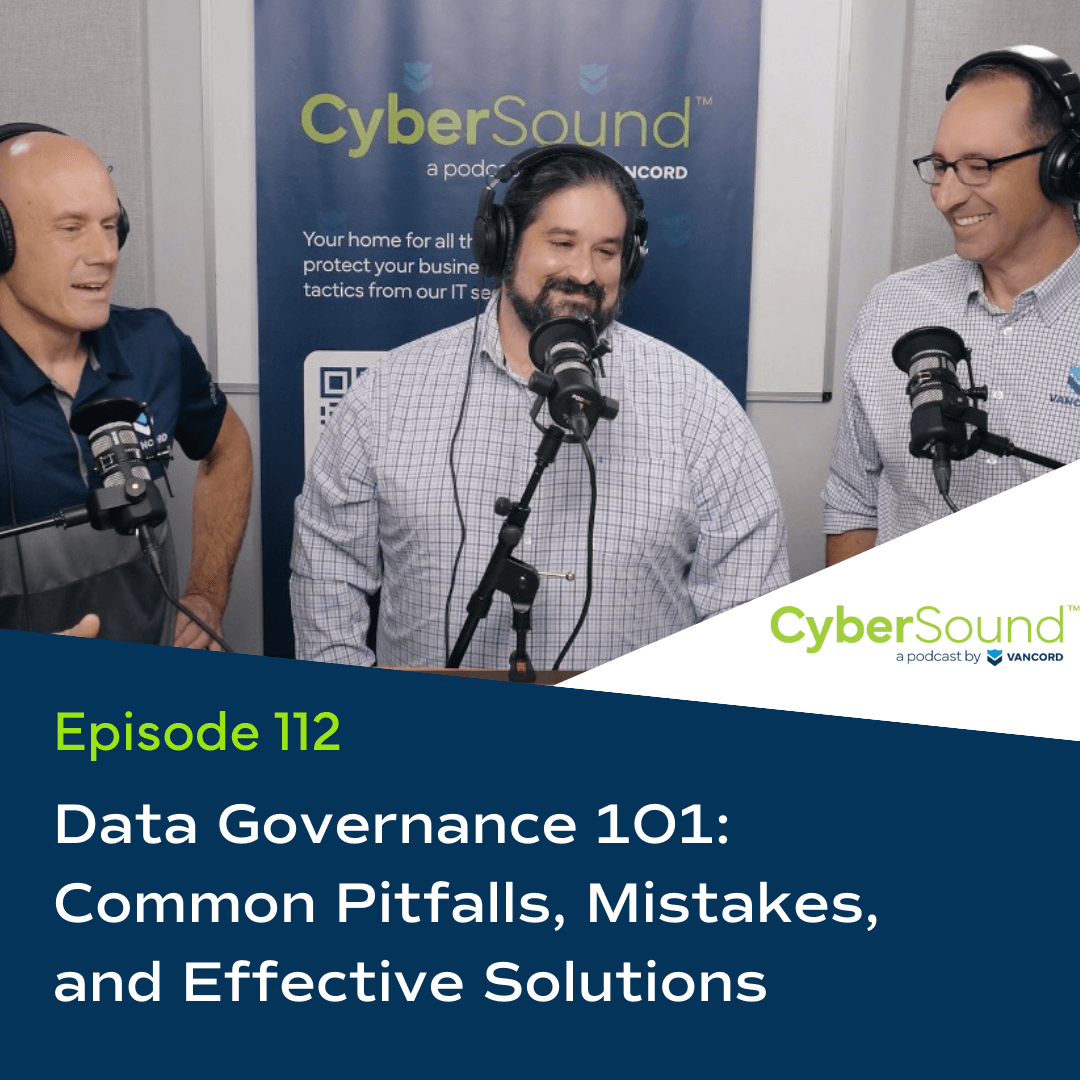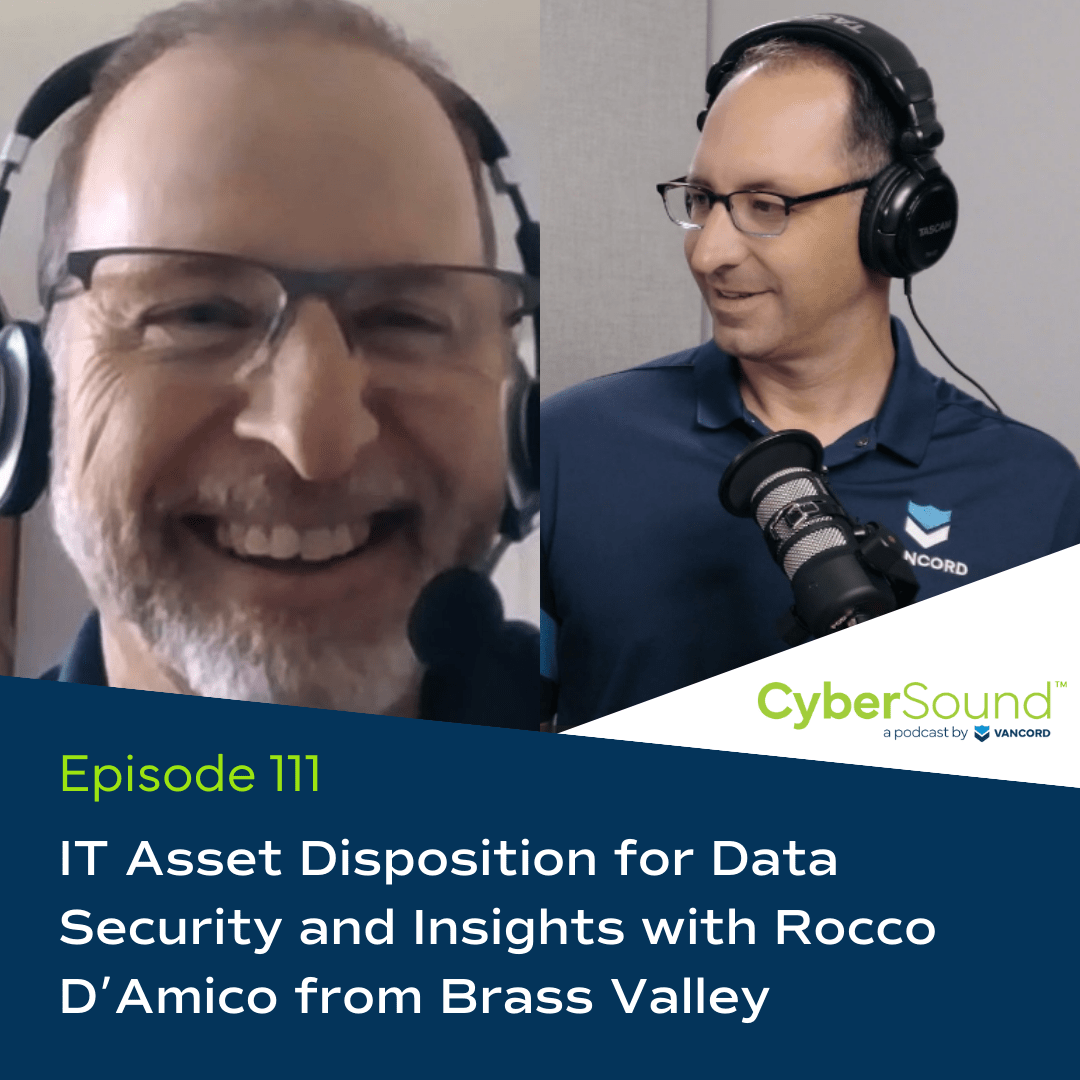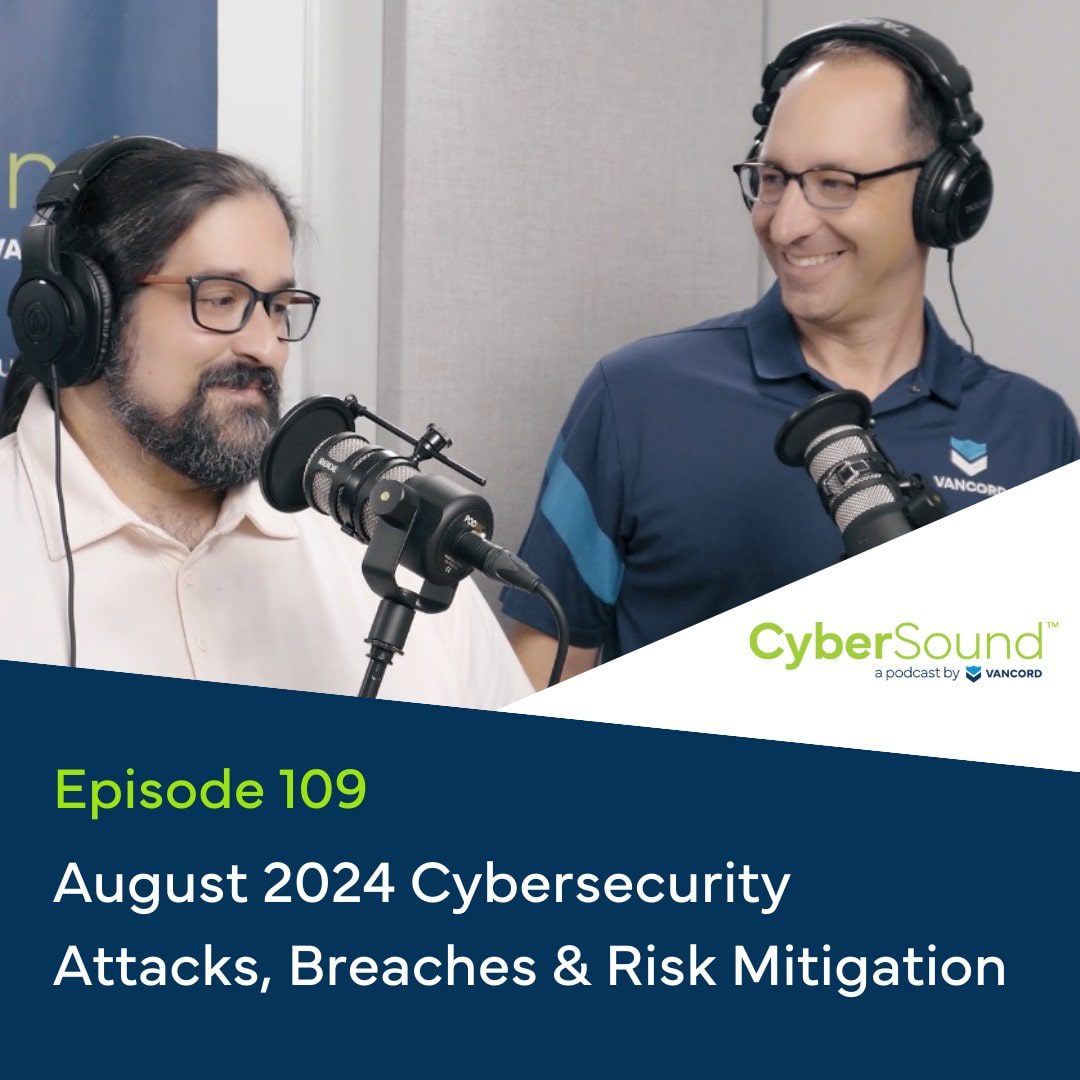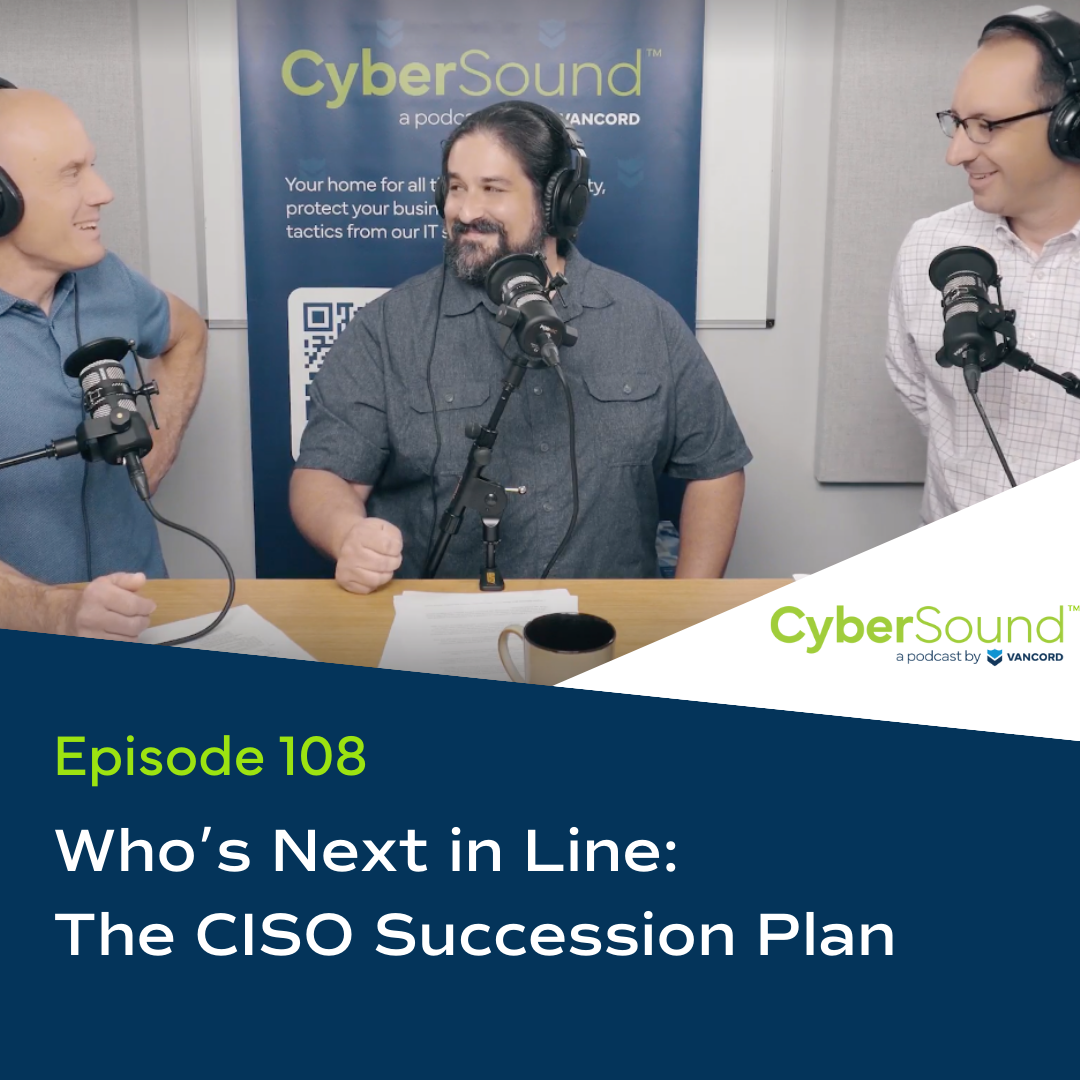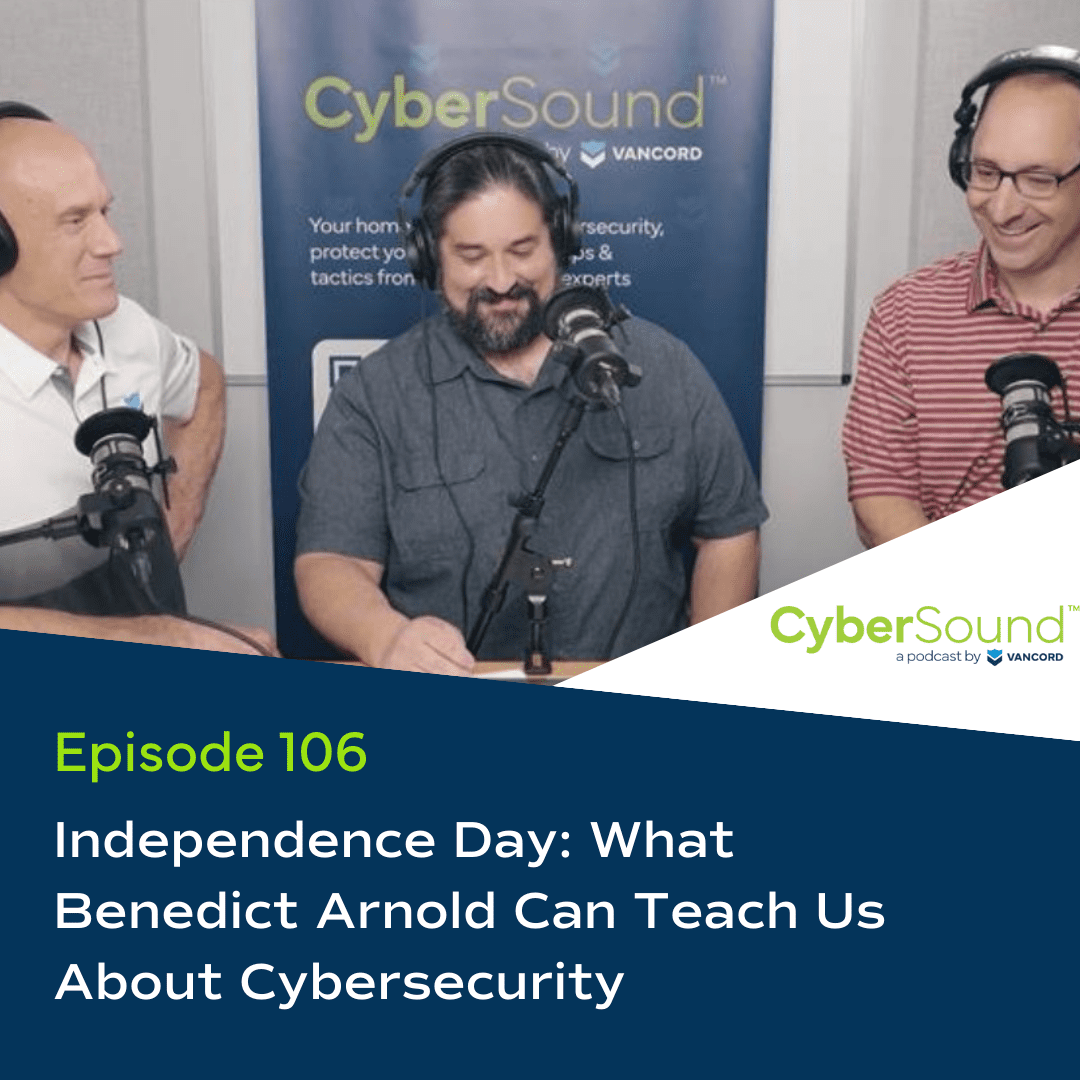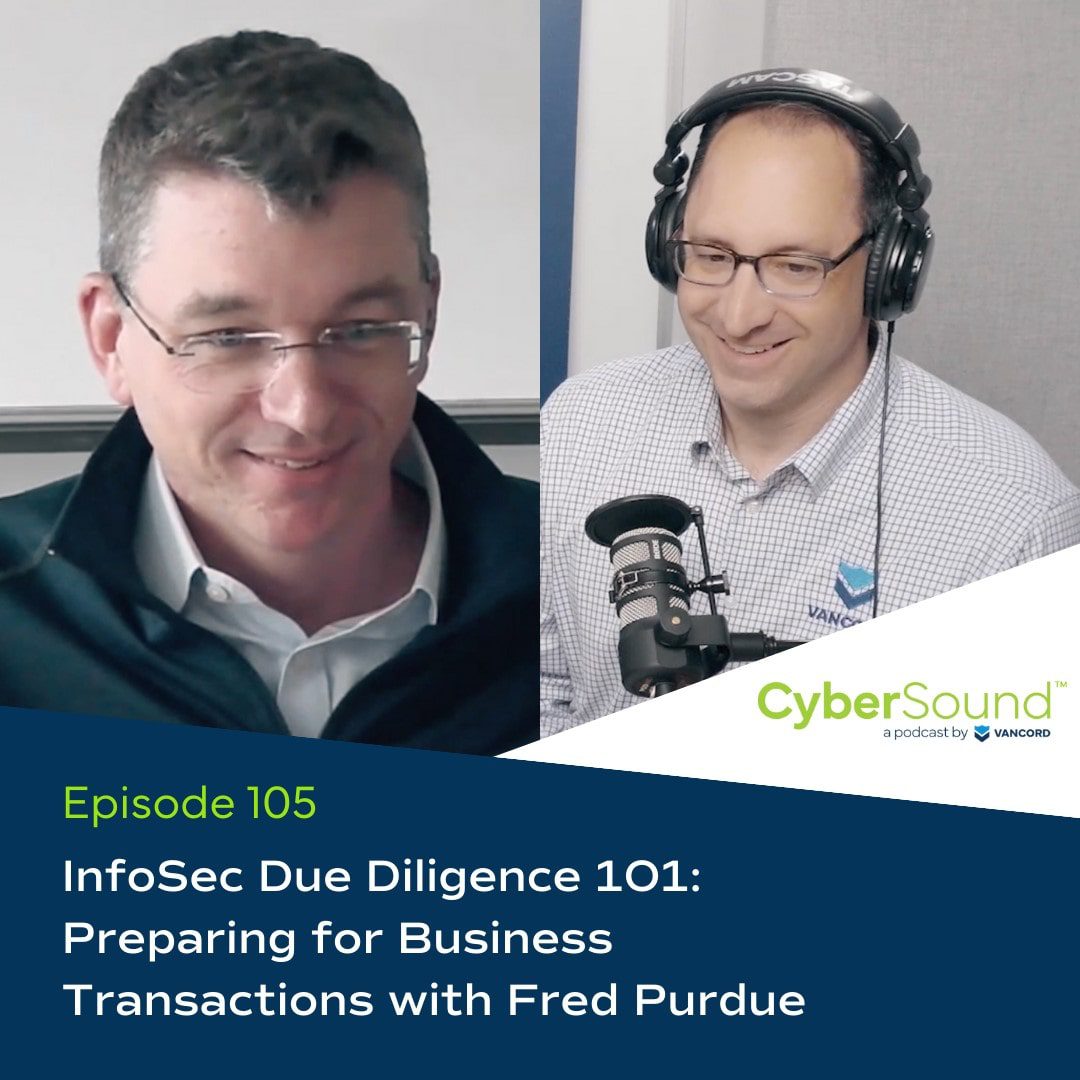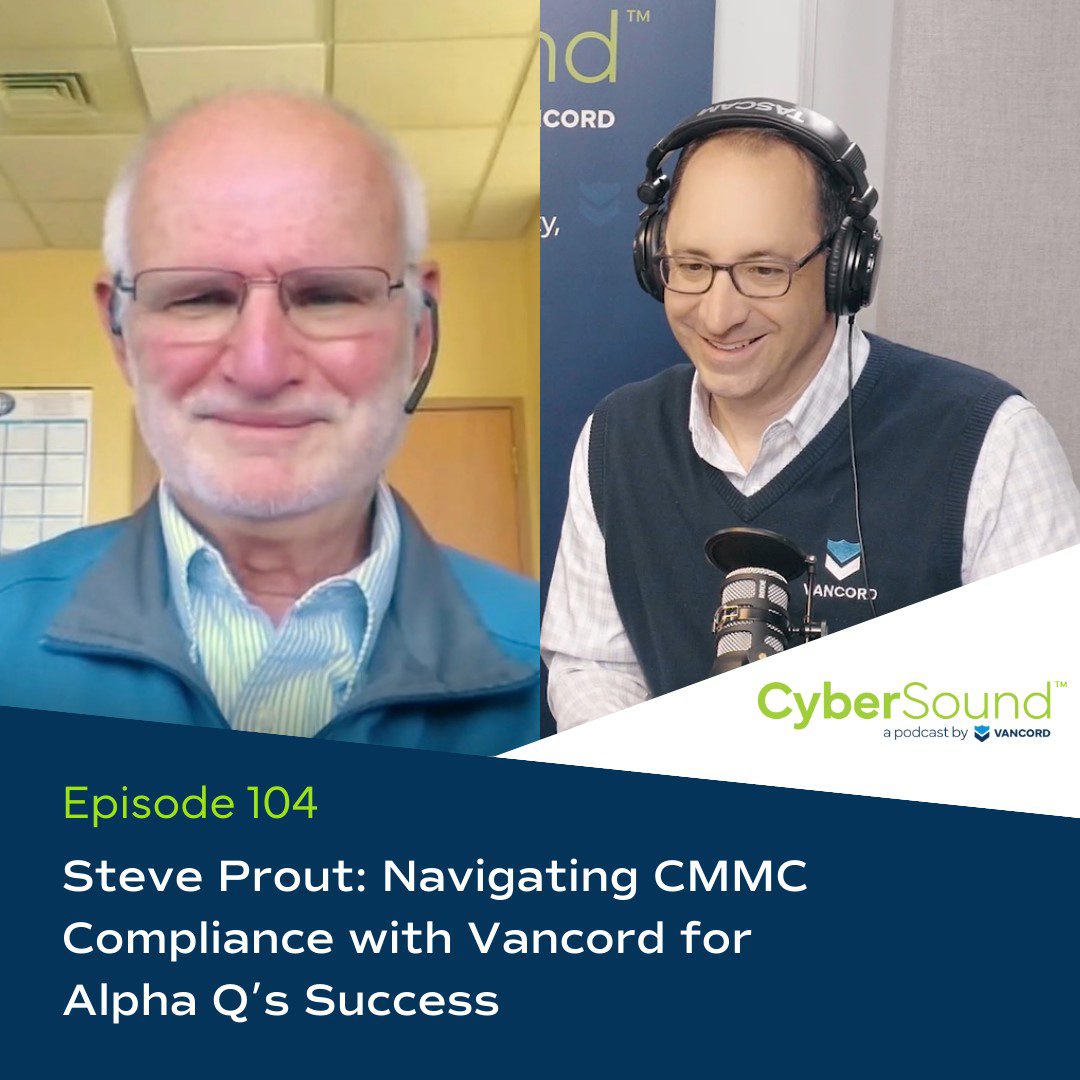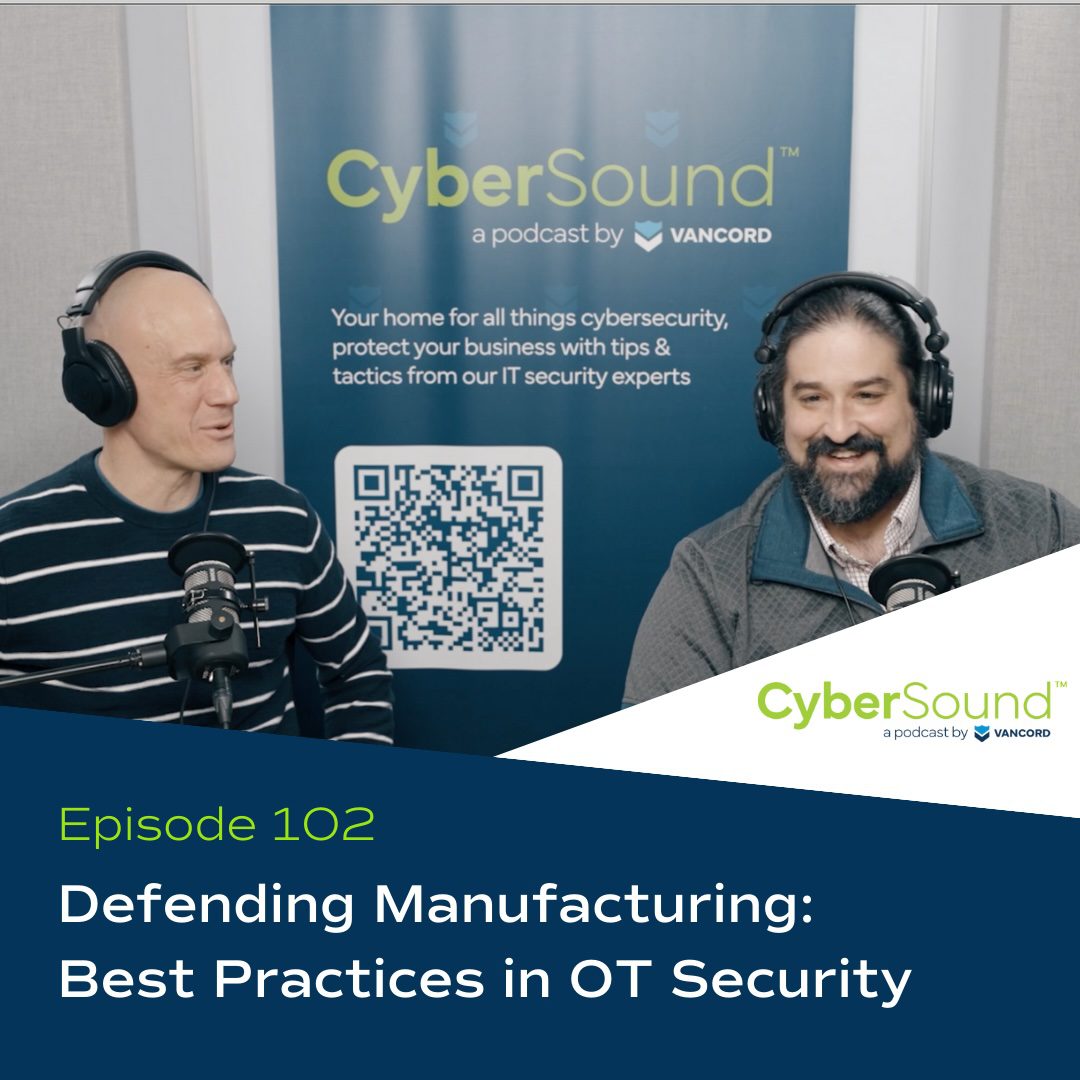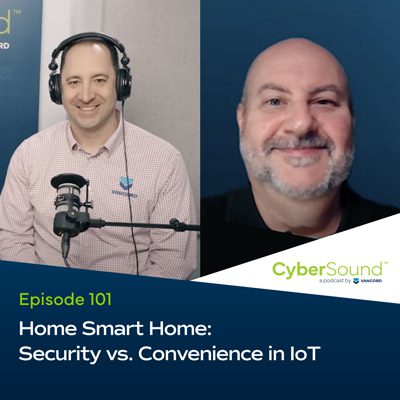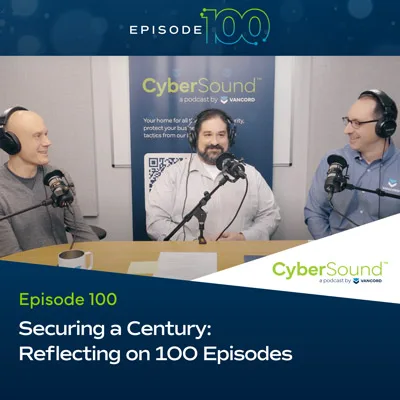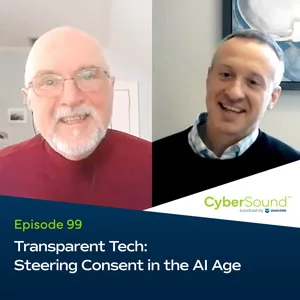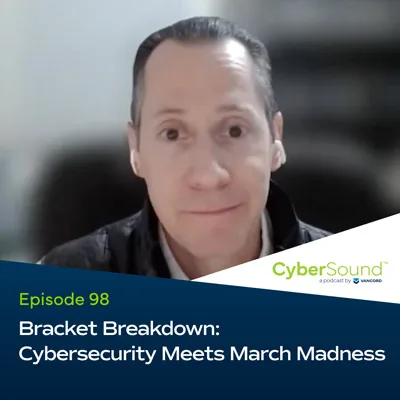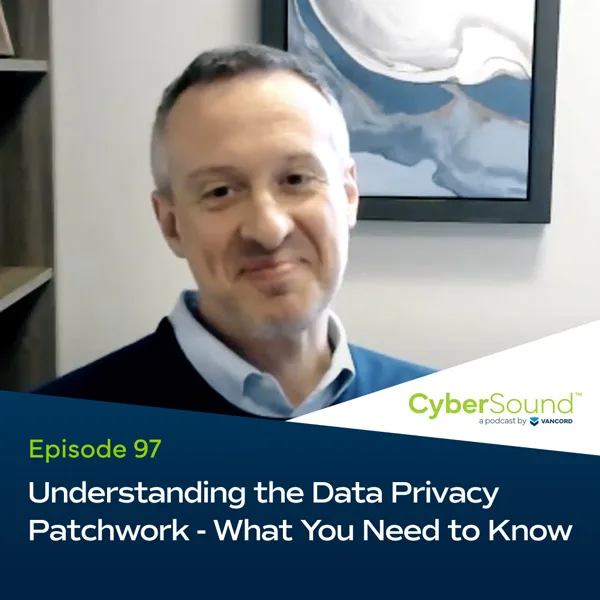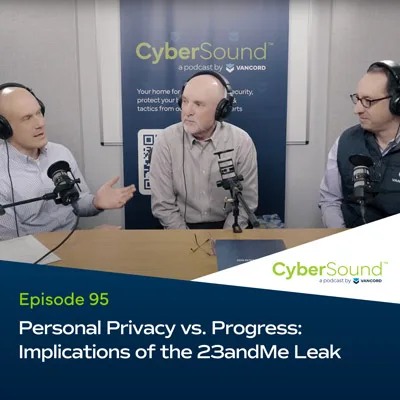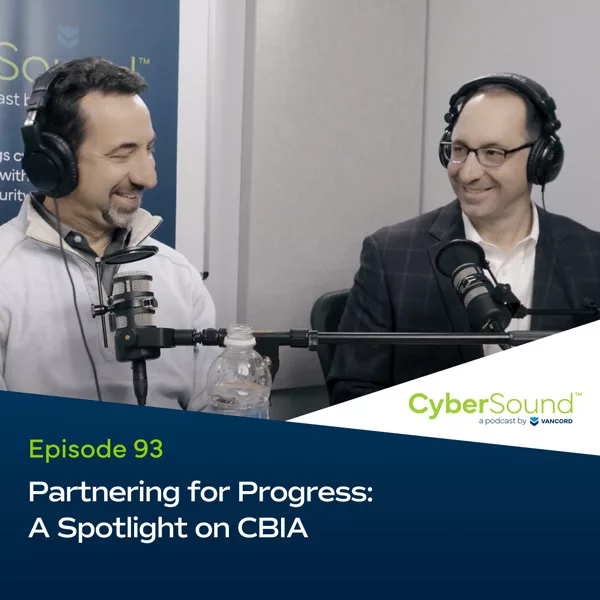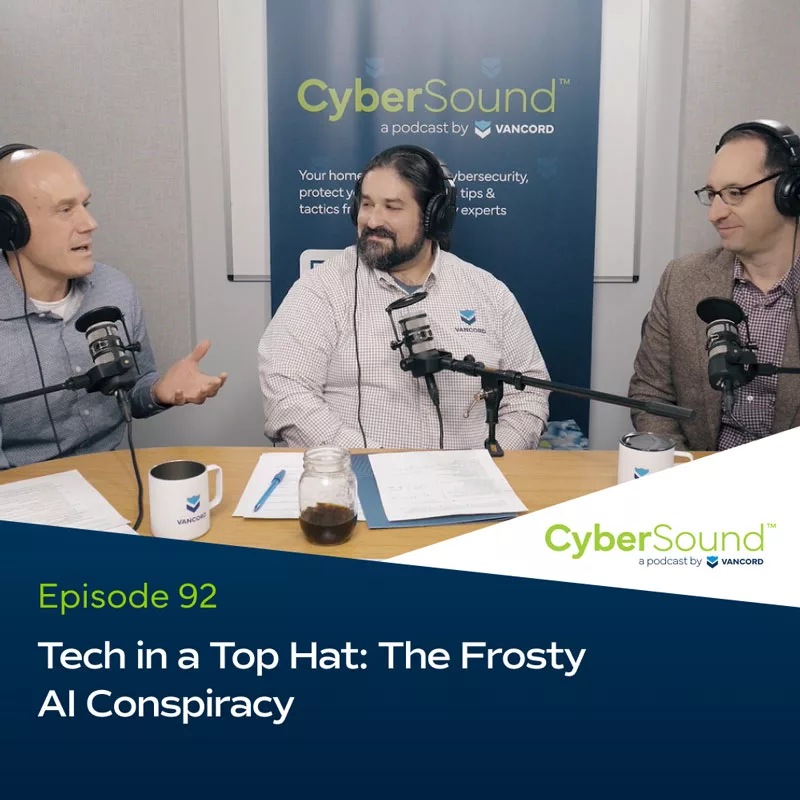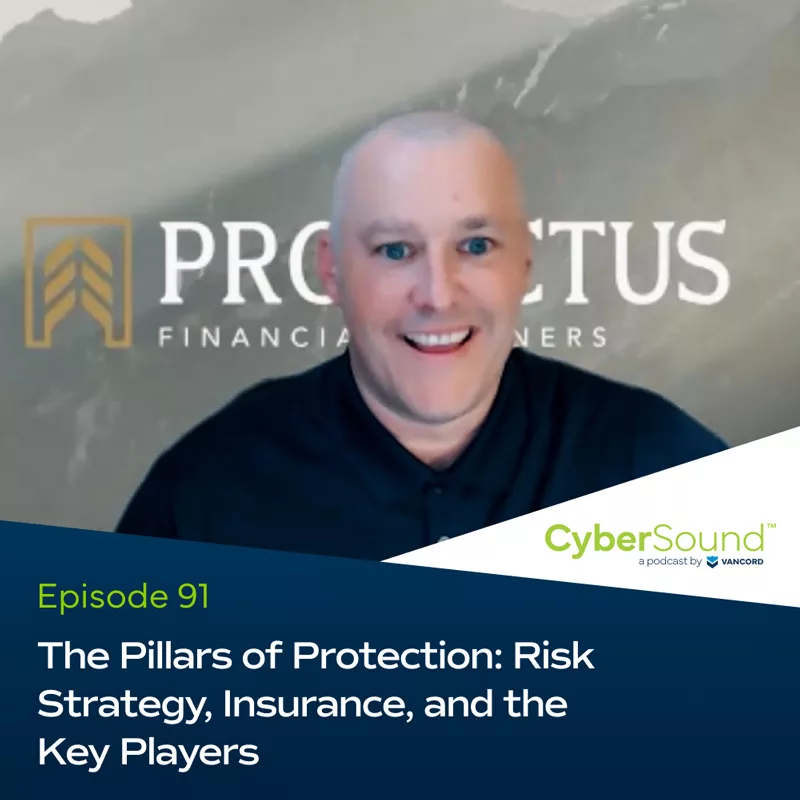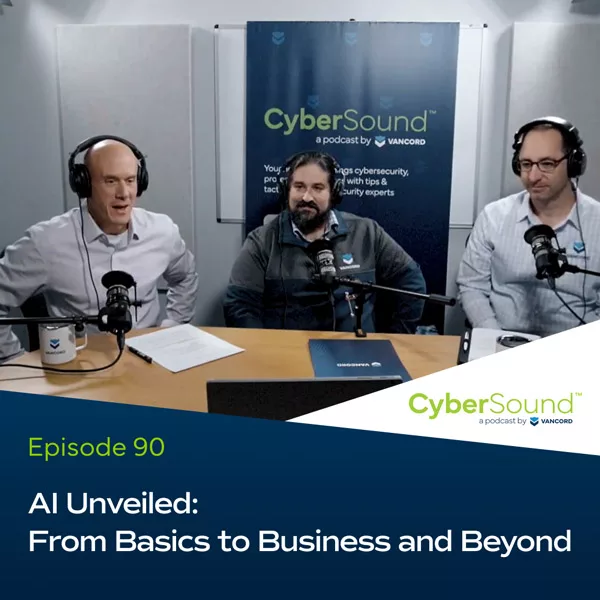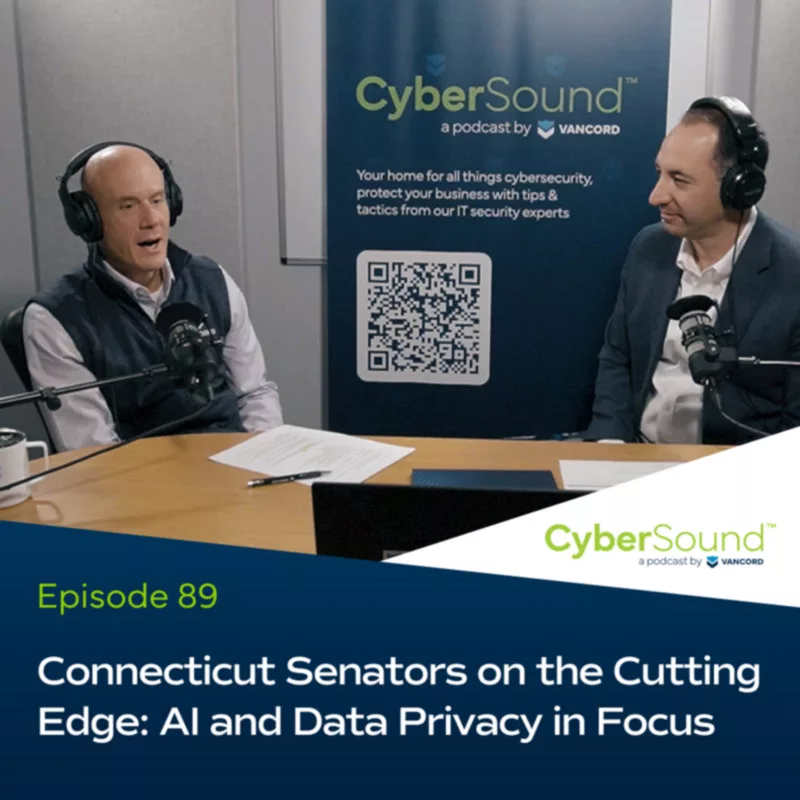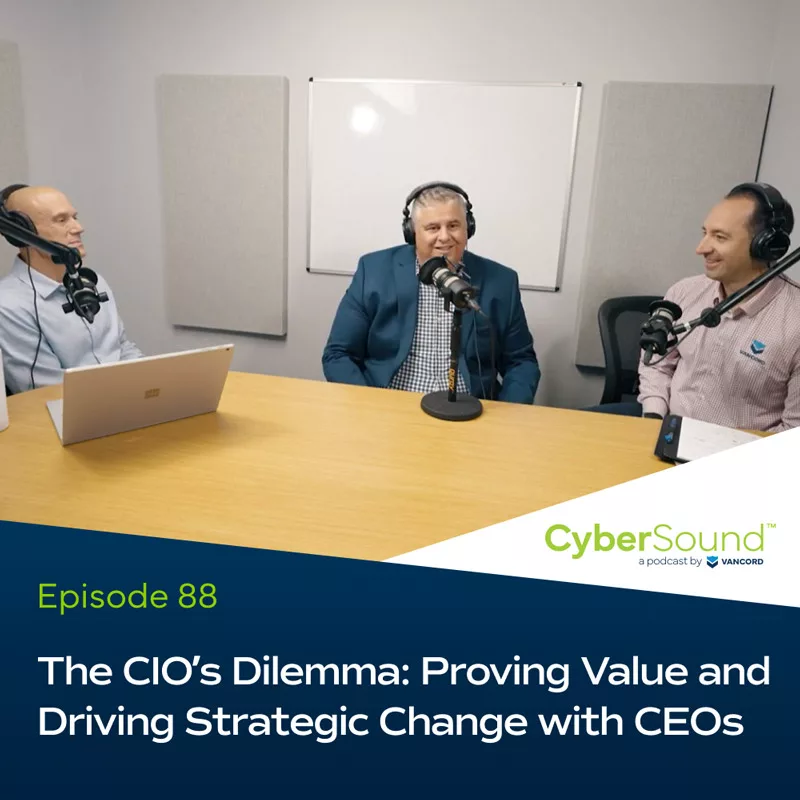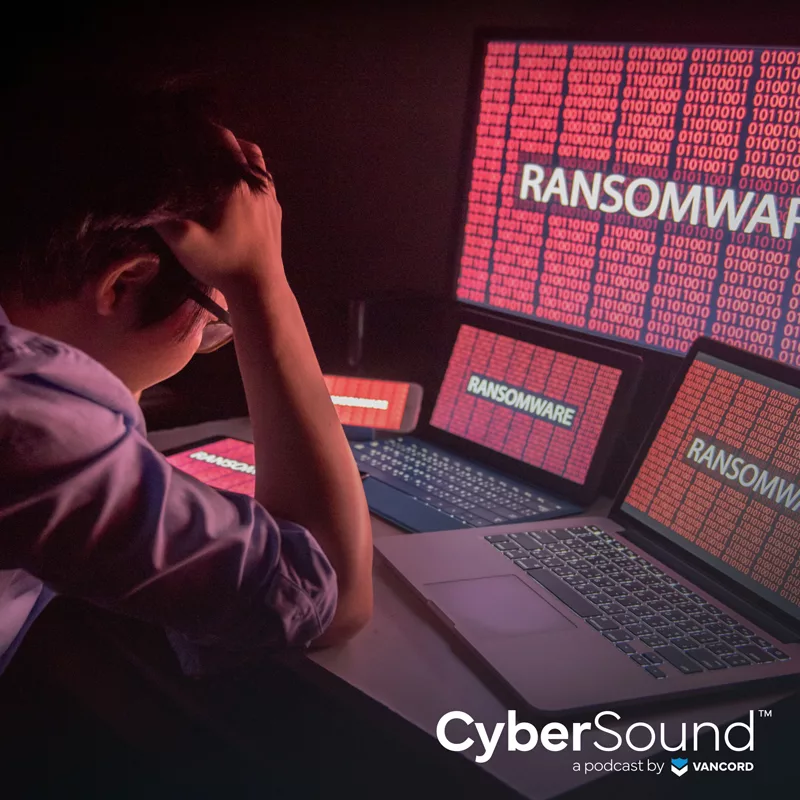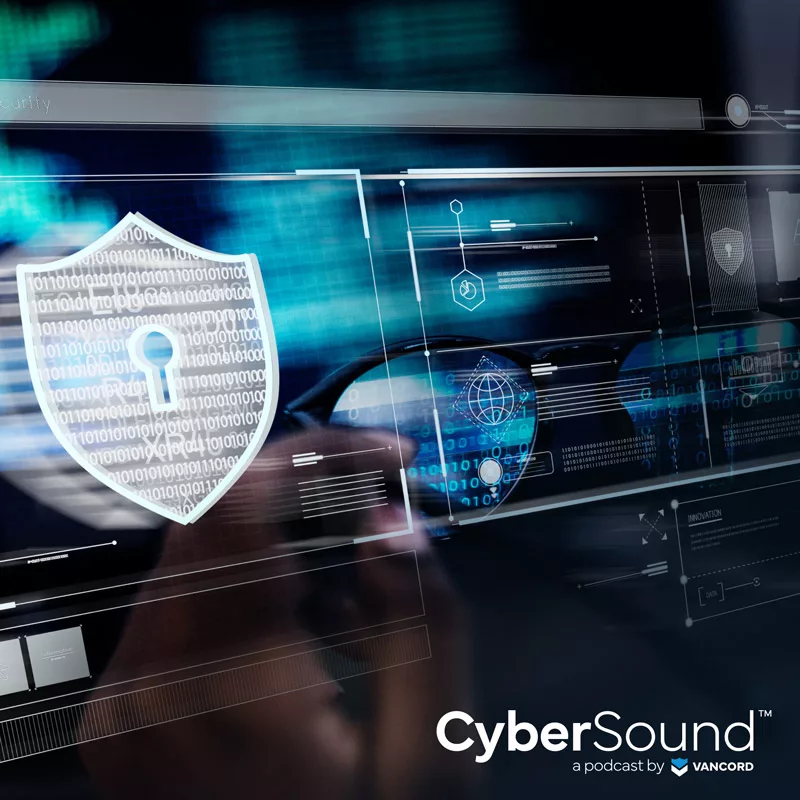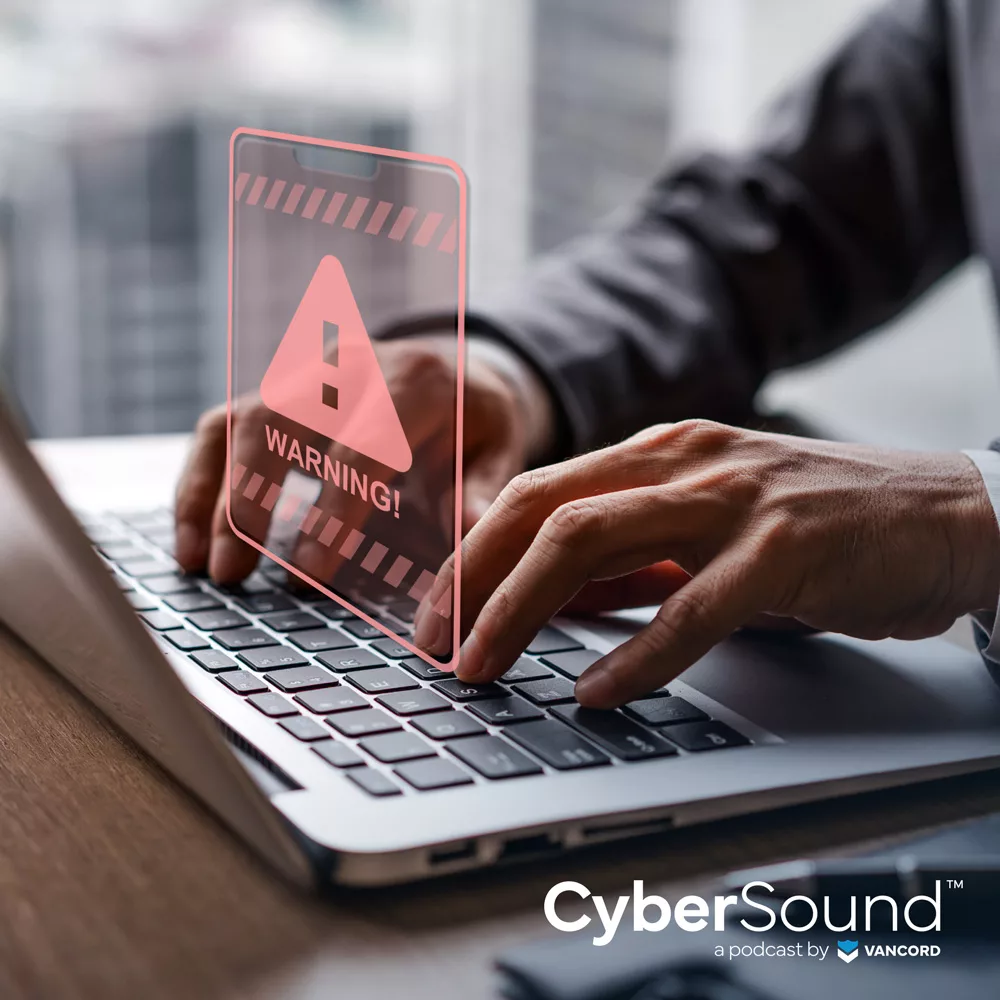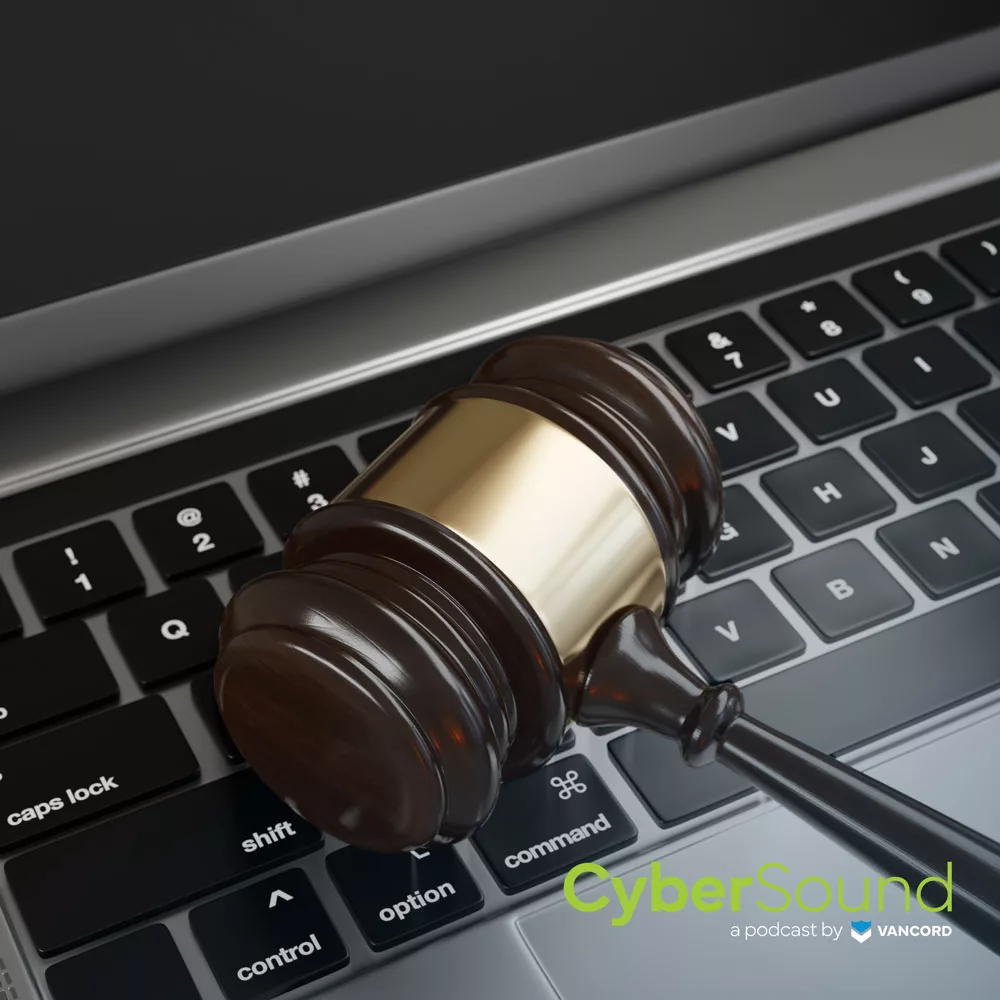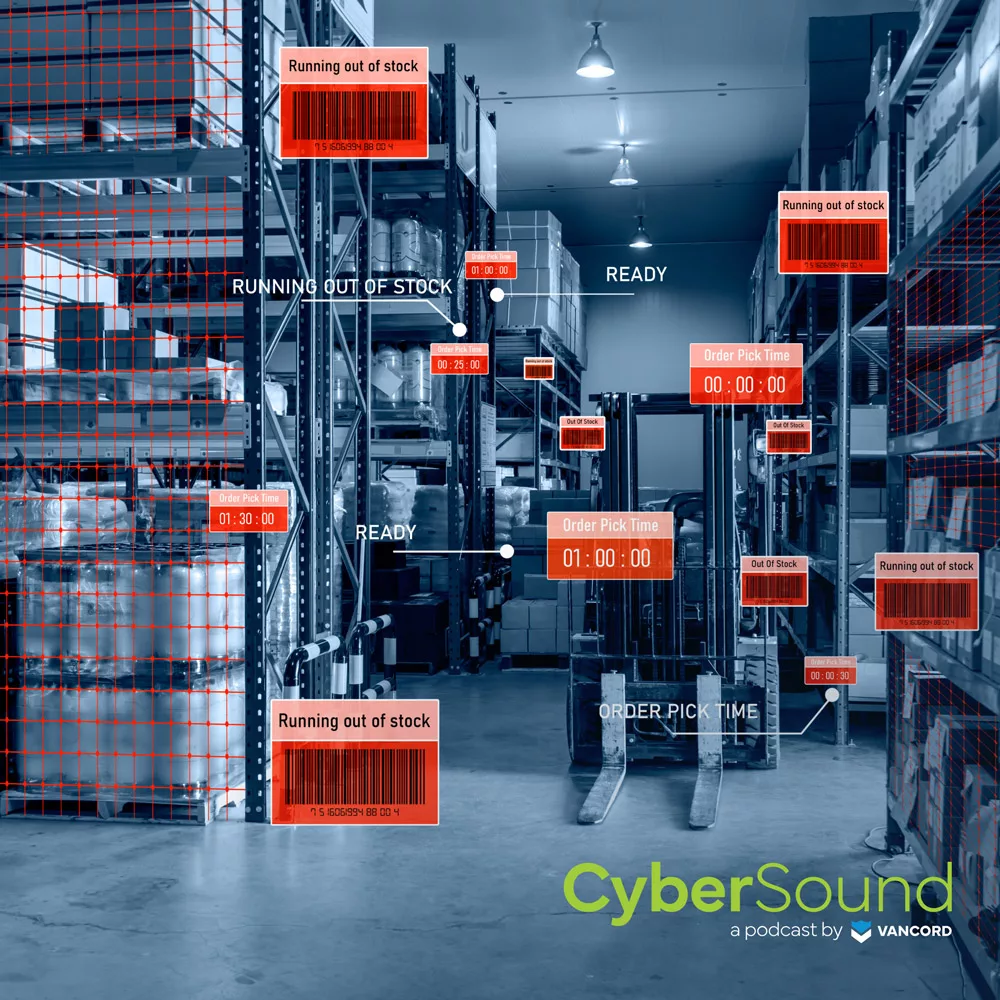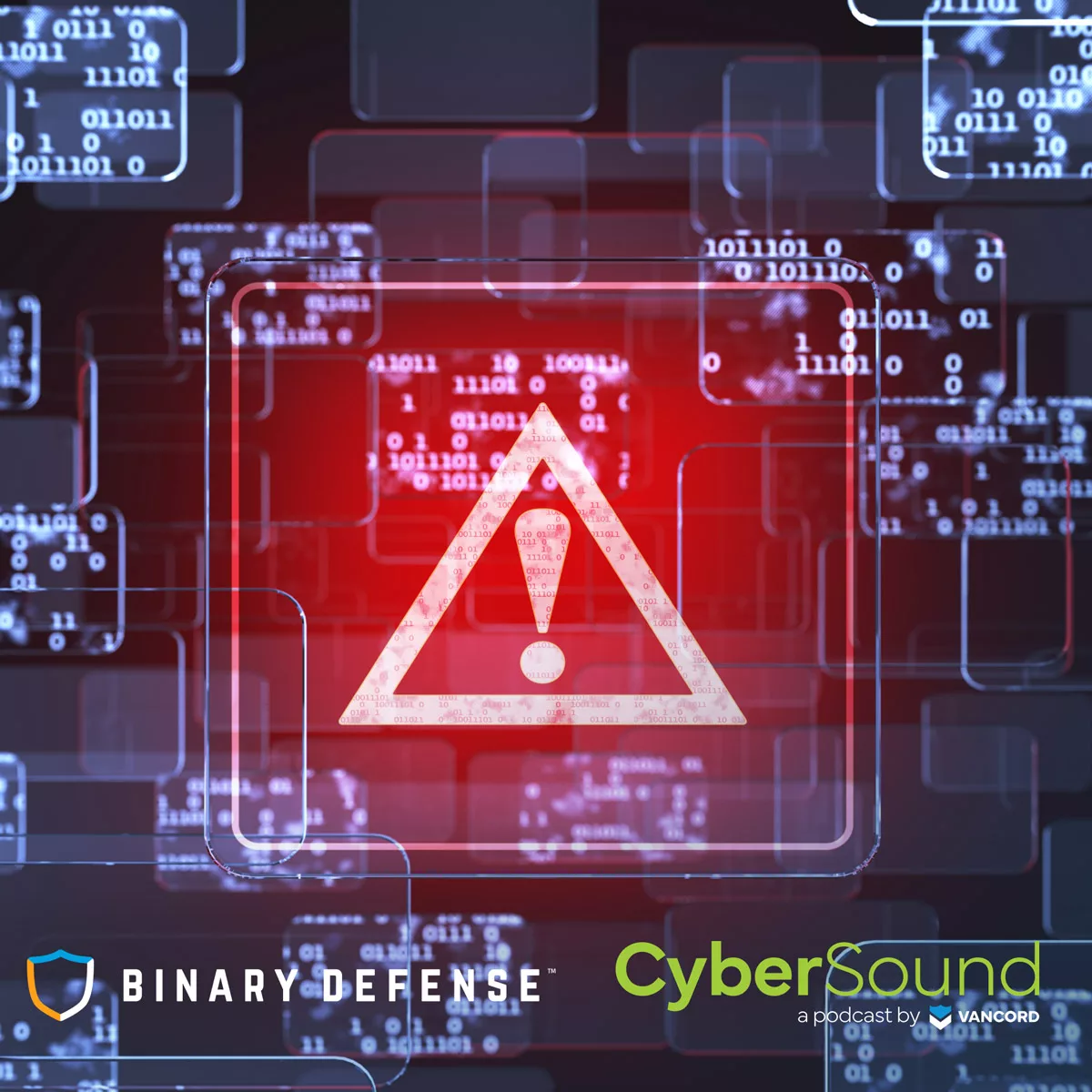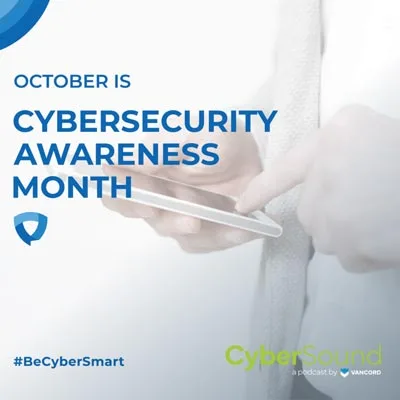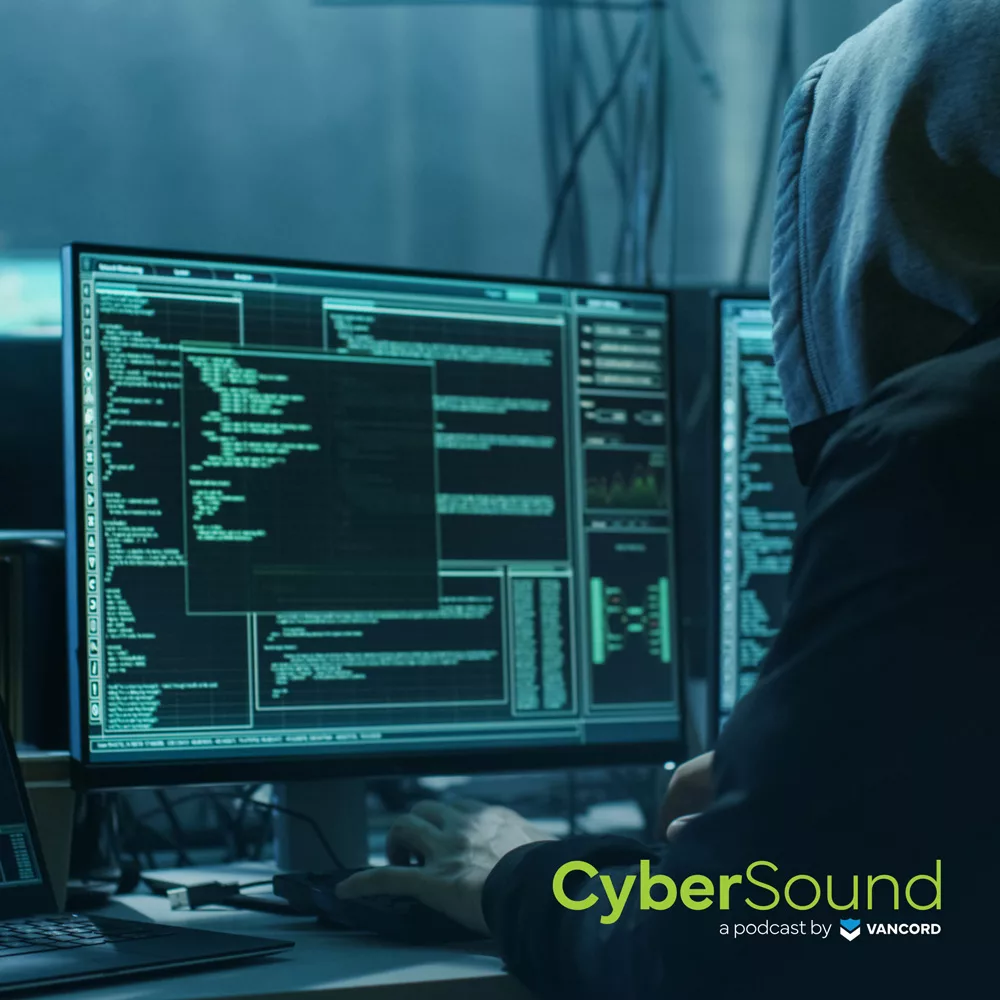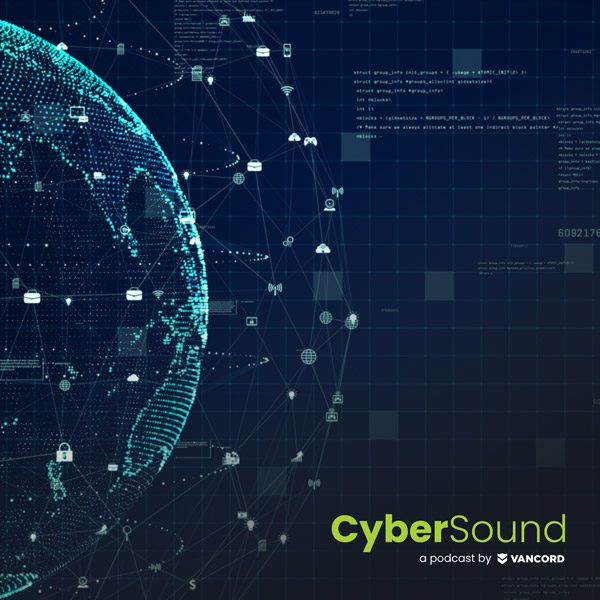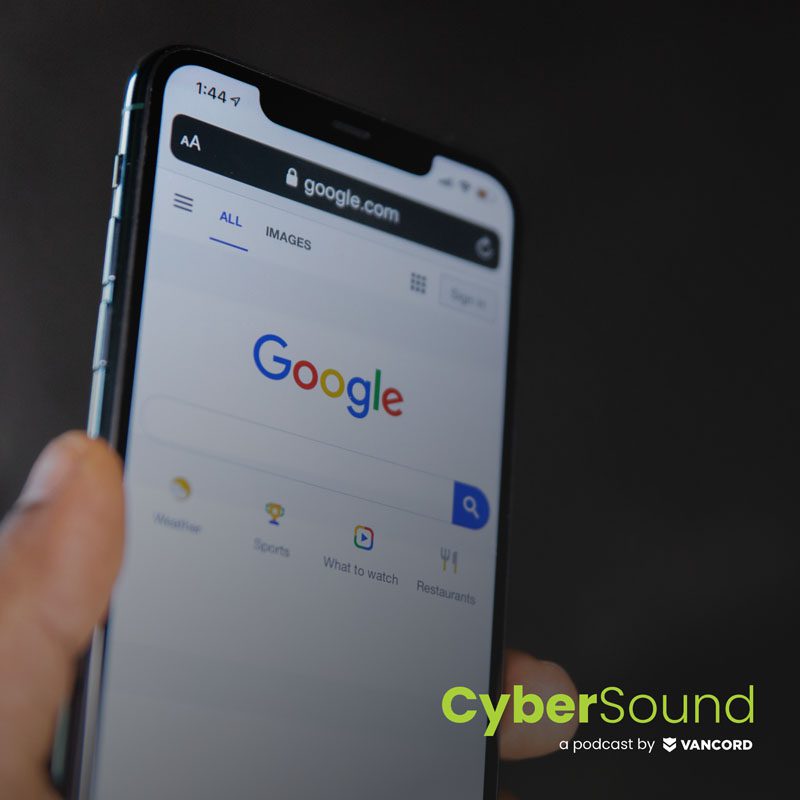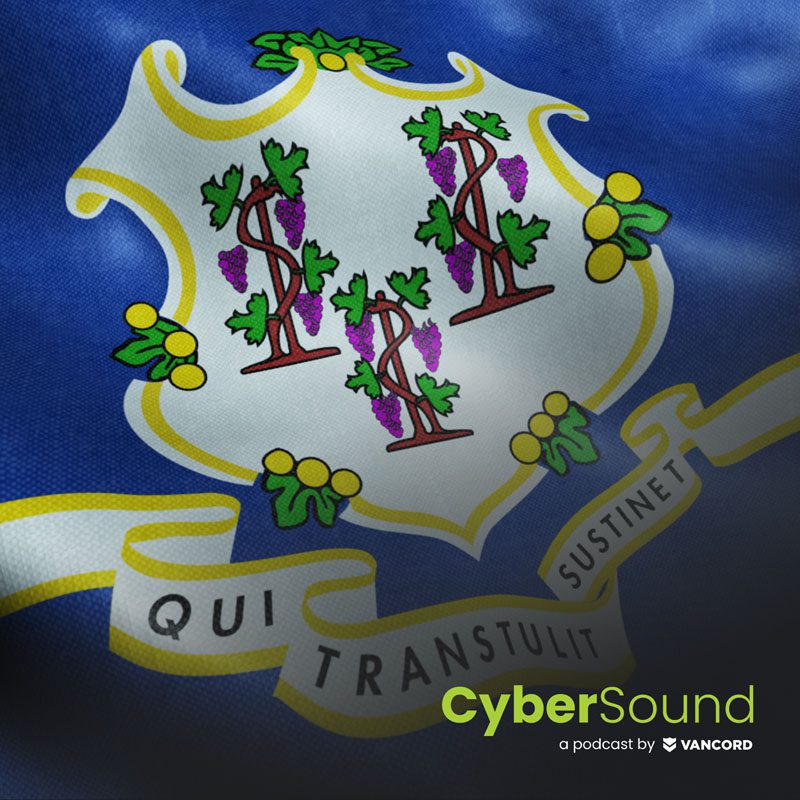[00:00:20.010] – Jason Pufahl
And we’re fortunate today to be joined by Lisa Grande, who is a licensed clinical social worker with a practice in Milford, Connecticut. Hey, Lisa.
[00:00:28.040] – Lisa Grande
Hi. Thanks for having me.
[00:00:30.080] – Jason Pufahl
Yeah. Thanks for joining. So, we’re entering the holidays and we’ve been having some discussions here internally about how do you take a break? Especially here, we’re in the security industry. It tends to be somewhat of an incident response season a little bit for us, so that can be challenging. But we’ve been trying to talk to you a little bit.
[00:00:52.020] – Jason Pufahl
How do you actually encourage folks to take a legitimate break; to separate from work? Maybe with sometimes those commitments or those expectations that there’s still a certain amount of mindfulness? And we’re trying to figure out that work-life balance to some degree.
[00:01:05.690] – Matt Fusaro
Steve and I are definitely no strangers to not keeping that balance.
[00:01:12.530] – Steve Maresca
Intimately familiar. Yeah, we are entrepreneurs. We have done startups. We’ve been working at four o’clock in the morning without sleep. The struggle is a real issue and in the information security industry in general, time zones are irrelevant. Attacks happen at any time of the day. So, it’s a real consideration that we need to keep in mind that people themselves are a bit of a bottleneck and need to be treated appropriately.
[00:01:38.610] – Jason Pufahl
And business runs lean. Not everybody has excess employees that can just simply roll them off. So, Lisa, what are your thoughts in terms of business owner’s responsibility here, and the management’s responsibility to support this.
[00:01:53.570] – Lisa Grande
So, I think that one of the things that is helpful is trying to establish some of those relationships and boundaries before the crunch of the holiday season. We’re perhaps a little bit too late for this year but we can certainly make a goal for next year. Because, I do think that giving the space and allowing for vacation time and personal time is an important one. But that’s probably something that needs to happen throughout the year because the holiday season is that much extra stressful.
[00:02:30.770] – Lisa Grande
And I hear what you’re saying that cybersecurity attacks do not take a break on New Year’s Eve. So that’s going to be a day where someone…it’s hard to take vacation according to the school calendar, which I think we’re all sometimes familiar with.
[00:02:51.350] – Jason Pufahl
Are there any particular tactics you have for employees to actually take that break? What is a healthy separation? What are your thoughts there?
[00:03:03.490] – Lisa Grande
Again, I think that being realistic, if you’re someone that takes a day off or takes time off, and finds yourself checking your phone and checking your email and seeing what’s going on…I think that it would be important to establish some boundaries to maybe check once in the morning, once in the afternoon, checking once at four in the morning, but hopefully getting your rest. Because it would be unrealistic to say that you’re going to take three days off and not check in or not check your emails.
[00:03:36.450] – Lisa Grande
So, making it somewhat realistic is probably a good place to start. And I think, as a business owner, understanding that when your employees come in refreshed and having had a break, certainly probably more effective to handle those crises that will undoubtedly pop up when they return back to work.
[00:03:59.480] – Steve Maresca
So, I think there’s an interesting dynamic here where there’s sort of an implicit expectation of the business, or the business owner, or the entity at large, that employees are always paying attention without respect necessarily to the time of day or that personal boundary. IT, in particular, has that boundary erode. So, what in that context is most beneficial to help restore a bit of balance, understanding that, frankly, it’s out of balance for most people in that field?
[00:04:35.510] – Lisa Grande
Well, I would say that my guess is that you guys work as a team. I would hope that there’s a level of support; that there’s a level of people you can rely on. So hopefully you would feel trusting enough that if you’re going to take time, that there is someone else that can help manage things until you return—or at least keep you in the loop for when you know there is some an emergency.
[00:05:04.740] – Steve Maresca
So, business owners might be benefited by developing a rotation or a schedule that’s respectful of people’s time and vacation slots?
[00:05:15.840] – Lisa Grande
Yeah. In my personal experience, I worked in hospitals for many years and hospitals, same thing: Never close, don’t take vacation days, don’t observe holidays. Accidents happen, crises happen. So, certainly hospitals are hopefully, better staffed and perhaps a smaller start-up technology company or business.
[00:05:41.630] – Lisa Grande
But it’s the same idea that there should be a fluid, (that’s what I’m looking for) a staff rotation of sorts to help manage anything that can pop up at different times, that people do come back again feeling rested and feeling that they can tackle the situation.
[00:06:00.990] – Jason Pufahl
What jumps out at me, and it’s consistent with some of the other conversations we’ve had is, again, you just need some good communication and planning to be able to accomplish that. I think if everybody tries to take vacation on that same week to burn unused days or whatever it is, of course, everybody’s going to feel a certain responsibility to not completely abandon the workplace. But if you can schedule that or you plan it, I think people can take legitimate time off.
[00:06:33.850] – Jason Pufahl
So, is it more difficult during the holidays, do you find? Is it because there’s more pressure and everybody is trying to take that time off in the same time period? Has your experience shown you that that’s a more stressful period or more difficult period for people to separate from work or decouple a little bit?
[00:06:54.770] – Lisa Grande
I think that the holiday time is probably one of the more stressful times of the year that we have in general because the holidays are not always as fuzzy as commercials and TV shows like to make them out to be. So, I think that holidays can be stressful. And so that, of course, will spill into your work life.
[00:07:23.930] – Lisa Grande
And in regards to taking that time off, I think there is sometimes an expectation that if everyone is off and everyone’s home, that you’re going to do that too. But you might be in an environment where there’s not a possibility. So hopefully, communicating with your employees on how to manage that during the holiday season, but this is the time that you’ll get at another time that works well for you.
[00:07:51.330] – Matt Fusaro
There’s probably a lot of people that use work during the holidays to maybe even escape the family. [crosstalk 00:07:56]
[00:08:00.850] – Jason Pufahl
Yeah. I suspect there is probably a little bit of that. We are talking about how to prevent burnout. There’s a lot of people who actually get a respite by being at work. So, I don’t think we want this to be purely about how do you escape work. There is a balance, and I think people like that balance.
[00:08:20.950] – Steve Maresca
I think reminding people—employees in general—that it’s okay to step away is a really important part of the conversation.
[00:08:29.120] – Matt Fusaro
Giving permission?
[00:08:29.970] – Steve Maresca
Yes. Exactly. Because that unspoken sense of duty can sometimes be itself detrimental and make people less effective. And I think explicitly conveying that there is an expectation to take a break in order to support the business and the overall wellbeing of staff. It’s a really beneficial type of engagement with staff.
[00:08:57.550] – Jason Pufahl
It is. It’s interesting I think about just the way that I work and a lot of times I’ll send emails Saturday and Sunday mornings because it happens to be a quiet time for me, so I’ll catch up during that. That can really send in a way the wrong message to folks, which is why I expect you to respond. If you see this, you should probably respond.
[00:09:17.710] – Jason Pufahl
And that’s really challenging. Because on the one hand, what works for me in a way sends a message maybe inappropriately to other folks. And I think you want to make sure you communicate that to people. Or, at least, there’s got to be some way to work around that so that everybody feels comfortable working when they can in a manner that works for them, but not setting those wrong expectations.
[00:09:36.370] – Lisa Grande
Well, I think boundaries, that’s the word that comes to mind. And you guys have certainly been in this world for a lot longer than us people trying to survive the pandemic of working at home and having less boundaries. But exactly, if you send an email to somebody on a Saturday morning and somebody responds because they happen to be paying their bills, the expectation that you have is that they’re going to respond to that message, or they’re going to respond every Saturday morning.
[00:10:13.030] – Lisa Grande
But so, it’s important if you perhaps read that email…maybe come back to it Monday morning, so that the boundary is made clear that this is your weekend and your personal time.
[00:10:23.880] – Matt Fusaro
Yeah. We have a certain person that works with us that has expressed a lot of issues with just his workspace. He lives in an apartment. His workspace is ten feet from his couch, and it’s hard to have that separation of work and your personal life. And so, when alerts come in, or maybe have anything really, you now feel obligated…or it just feels so simple I could just walk back to the other end of the apartment and answer that question real quick. But that’s probably not the greatest thing to be doing.
[00:10:57.390] – Steve Maresca
I certainly experienced that too as a parent of two young children. I might be sequestered in my house, but their sounds can be quite piercing at times, and that separation doesn’t really exist.
[00:11:10.530] – Jason Pufahl
Yeah. It’s funny. I feel we’ve created this concept of work-life balance to compensate for the fact that we don’t really have good work-life balance. If you think about it, it wasn’t that long ago where it was nine to five in the office and when you left, they probably didn’t have a way to contact you. Maybe, there’s a pager. What was that? Late ‘90s or early ‘90s? Before that, there really was a legitimate separation. You were tied up at work for those eight to whatever hours, and then you’re home. That’s just not the reality anymore.
[00:11:45.050] – Lisa Grande
And I think that’s probably where one needs to find a way to implement that for themselves. But also, as a business owner, suggest that that culture is okay and is acceptable for their environment—all while still getting things done and having people that are available when there are crises. And, people put in extra hours. It’s, of course, if you’re successful, it’s probably a big part of how you got there. But it is important to take that time when it’s needed because most of the time when you feel that you could use it, it’s probably a little bit too late. You’ve gone a little bit too far, so it’s important to try to prevent that from happening.
[00:12:34.390] – Jason Pufahl
Yeah. It is a two-way conversation. I think a little bit to our incident response work, and we have conversations all the time saying you need to be able to sleep. Yes, there is an emergency, but the fact is, you’re not valuable if you’re exhausted. And, you need to be able to give people that opportunity to step away. I think it’s a conversation between management and staff to make sure that you really understand where people’s headspaces are, how they’re feeling, what you might need to do to make sure that you’ve got a workforce that is happy, that’s rested, that feels good about coming to work.
[00:13:12.090] – Jason Pufahl
It’s a dialogue.
[00:13:13.250] – Steve Maresca
It’s a part of crisis management ultimately. If folks are at their wit’s end and their minds are afraid they’re not making proper decisions, much less maintaining a proper work-life balance of any kind or reserving time for family. Crises have a tendency to exacerbate all these issues. And that’s ultimately why it’s even more important to stress that it’s okay to step away at times.
[00:13:38.280] – Matt Fusaro
So, Lisa, on that note, what are some things that the employee, the individual should be looking out for to identify when they’re starting to hit that threshold…starting to not feel so good?
[00:13:52.950] – Lisa Grande
Well, I think one of the things, of course, is that our body sends us messages. So, any kind of somatic complaints. I think we, in general, we know the signs of stress, headaches, upset, stomach, muscle tension. Those are the small little cues that our body is sending us to say, hey, we’re stressed out. And then, mood irritability.
[00:14:17.250] – Lisa Grande
And we’re all somewhere on these continuum all throughout the day slash the week with different people, employees and family and such. But if you find that your mood is really quite irritable, or you’re having a hard time, Steve, as you said, managing the piercing sounds of your young children, that perhaps those are cues that you do need to take a little mini-mental health break.
[00:14:46.690] – Lisa Grande
And it could be as simple as taking a few deep breaths or it could be something is taking a day off. I mean, there’s a whole bunch of things in-between that could be helpful.
[00:14:59.130] – Matt Fusaro
And maybe not even going so far as to not decompress with the same people that you’ve been working with.[crosstalk 00:15:06].
[00:15:11] – Matt Fusaro
Some people make, especially in this field, the people that they hang out with, it’s all part of their persona. And it really engulfs their life. So, us being in security, if you’re around people talking about security all the time, it’s part of your job; it’s part of your family life. That’s a lot to be forefront all the time.
[00:15:34.130] – Lisa Grande
Yeah. Again, it goes back to finding a balance. And I think it says a lot that you would want to spend time with the people that you work with. I’m sure there’s a lot in common. You have similar interests. You have things that make sense why you would be friendly with those people. And that’s a nice thing. That’s a good thing. But sometimes it is good to switch gears and talk about different topics that you might not be able to connect with the people that you work with as much.
[00:16:08.670] – Jason Pufahl
Yeah. And it’s interesting, a part of it too. This time of year is challenging because you get eight or nine hours of sunlight. By the time you’re actually out of bed, maybe call it 7:00 AM. If you’re really lucky, dark at four. And so, you’ve got that on top of all of this, so you’ve got your holidays…
[00:16:27.110] – Jason Pufahl
For us, what arguably becomes slightly busier season, typically. And it’s hard to peel out anyway or peel away anyway and then you’ve got darkness at four o’clock. So, times that I normally might walk the dog or otherwise take advantage of that outdoor time that’s important to me, it’s not quite as enticing as it is in the middle of the summer. There’s a lot to manage around for this.
[00:16:51.810] – Lisa Grande
Yeah. And hopefully, you might be in a situation where you can encourage people to take a few moments in the middle of the day to step outside, especially just stretch. If you’re an IT person, probably sitting in front of a computer in a chair, stretching, getting some sunlight because that’s…we are…I think someone has said this once before that we are still biological human beings behind the technology that runs all this stuff.
[00:17:26.030] – Jason Pufahl
Fair enough. So, finding a way to get outside is important. I think recognize that you can’t make anybody do anything. So everybody has to find really what works for them and I think granting permission to do those things is important. But you can’t presume that what works for you, will work for somebody else. So, there’s probably some generalized useful tips, but they’re not for everybody.
[00:17:46.440] – Steve Maresca
And similarly, if it’s something that you as an individual, that the staff that you manage has never actually explored, if they don’t have hobbies that they can articulate, it’s healthy to go out and seek them—to find venues for relaxation.
[00:18:03.600] – Jason Pufahl
For sure. Not having too many hobbies, perhaps.
We definitely have a few of those. As we look to wrap up, Lisa, is there any real parting thoughts you want to give for wellness? I think we may explore this more in the future, perhaps. But as we’re heading into the holidays, we’re a few weeks away at this point. I think we touched on some good things, anything that really jumps to mind that we haven’t covered?
[00:18:36.510] – Lisa Grande
I think it’s always an important conversation and discussion to be having. But again, I think that you guys alluded to it earlier, but communication between employer, employee, and allowing or letting that culture be known that it’s going to be okay to take some time for yourself. And that’s the expectation is because there are expectations when you are working. So being able to take that time, but having that relationship with your place of business is going to help you in the long run for sure.
[00:19:18.130] – Jason Pufahl
Every discussion we have, I feel like on this podcast starts with, “Hey, there’s some pre-planning that needs to occur to make whatever it is that we’re talking about effective.” Whether it be incident response or wellness, everything is give a little thought upfront, your life will be easier down the road.
[00:19:33.660] – Matt Fusaro
Exactly.
[00:19:34.300] – Jason Pufahl
It just isn’t that complicated, I think.
[00:19:36.640] – Lisa Grande
Yeah, that’s a lot of things. I think sometimes we’re really good at setting up the fence at the bottom of the hill, but it’s important to the fence at the top of the hill—to prevent the rolling down. The preventative work is sometimes a little hard but, in the long run, it helps you out.
[00:20:00.530] – Matt Fusaro
Yeah. And making it part of your routine. Like you said Lisa: Don’t pop out of the woodwork in November and suddenly want a relationship with your employees. It’s probably not going to go over well.
[00:20:12.600] – Lisa Grande
Right. Right.
[00:20:14.830] – Jason Pufahl
Well, Lisa, thanks for joining today. It’s an important topic. I think, creatively, we probably don’t give enough thought internally here on how to actually take that time and make that balance of time. So, I think maybe this is the beginning of that conversation…
[inaudible 00:20:30]
…We have it. Yeah, but we are small, and it is challenging to work through this stuff and we’re like a lot of companies in that regard. So, I think it’s a useful and topical thing to discuss in the right time.
[00:20:44.250] – Jason Pufahl
So, I appreciate you joining. I think we’ll probably look to do wellness part two at some point as we roll into other parts of the season. And as always, if anybody has comments or questions or frankly, tips that have worked for you or your company, we’re all ears. So hit us up on Vancord at LinkedIn, or maybe Vancord Security at Twitter and we can continue the conversation there. We appreciate people joining and hope you got something valuable out of this. Lisa, thank you and happy holidays.
[00:21:14.030] – Lisa Grande
Thank you. Same to you.
[00:21:17.530] – Speaker 1
Stay vigilant. Stay resilient. This has been Cybersound.
